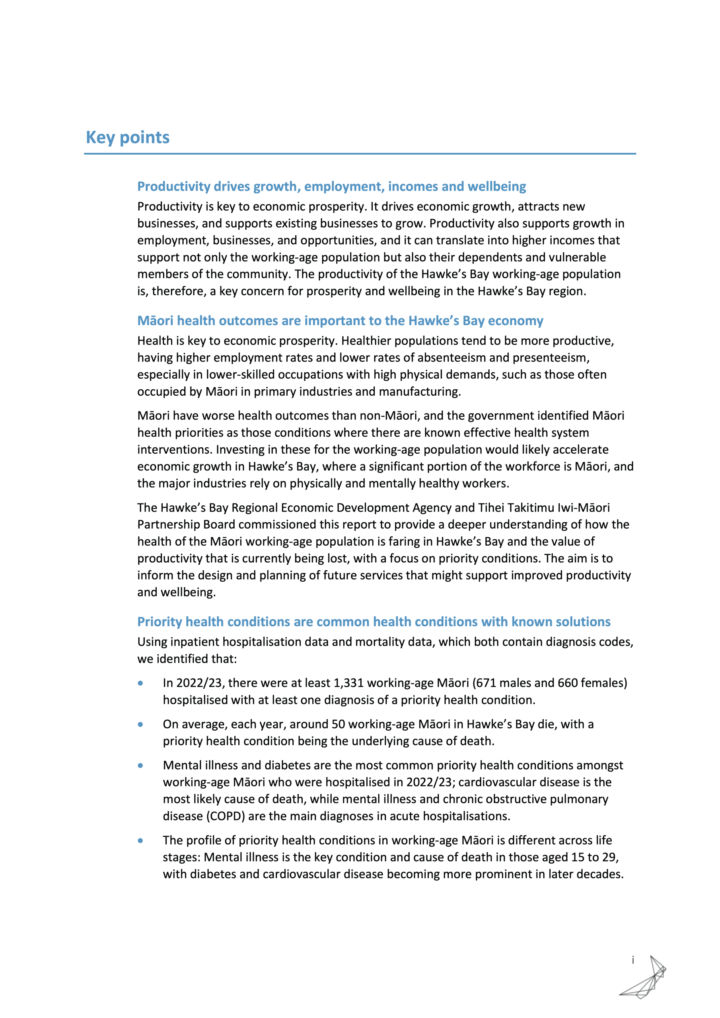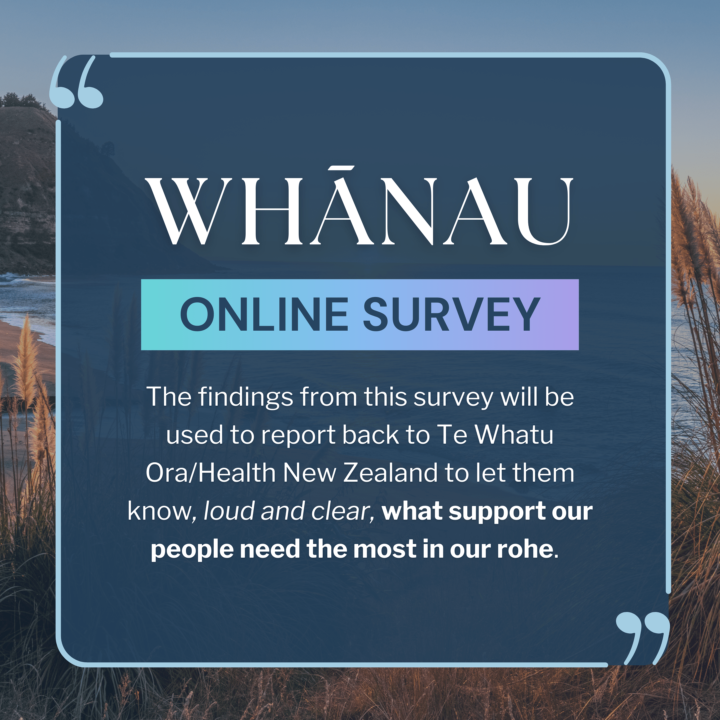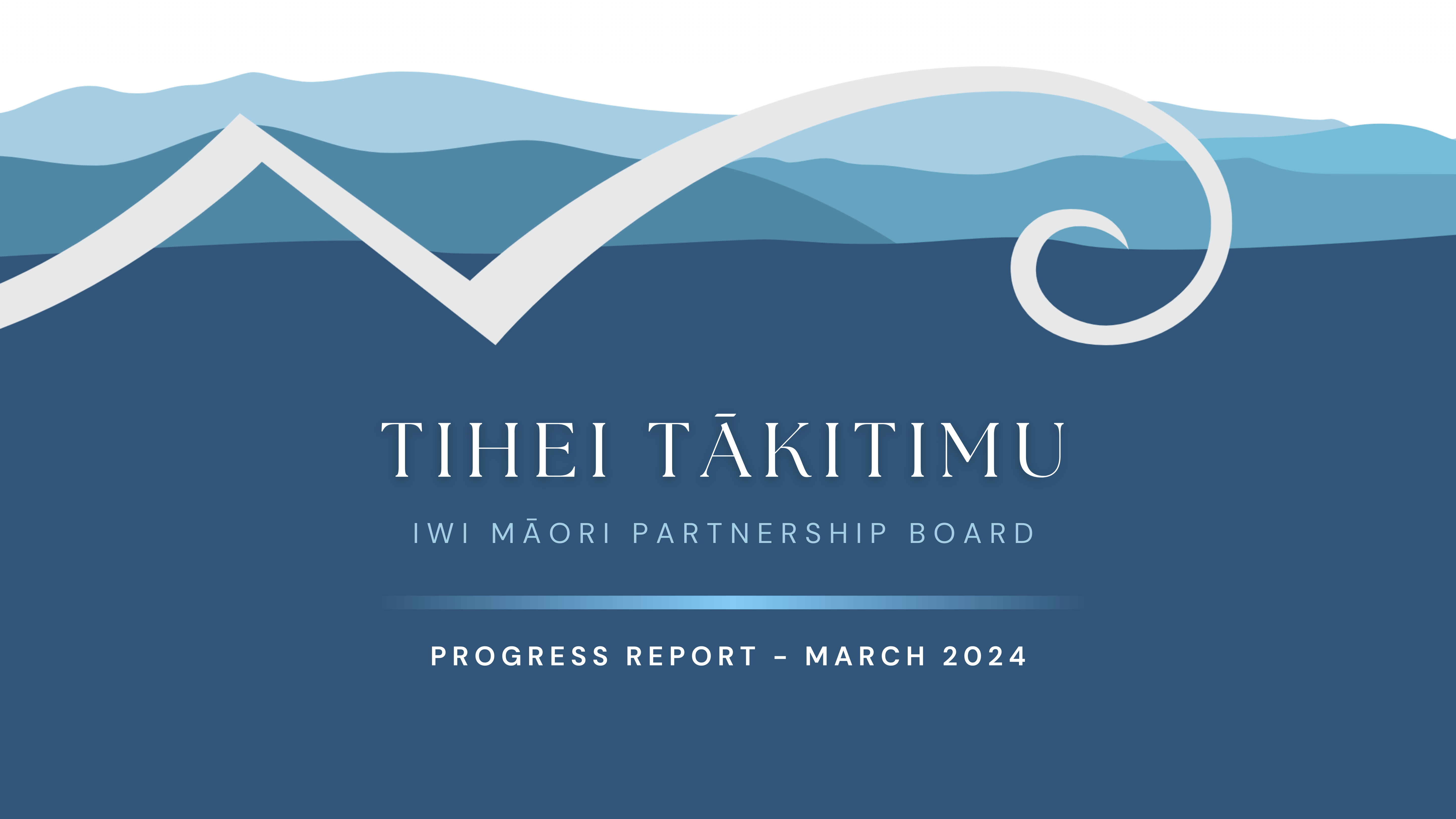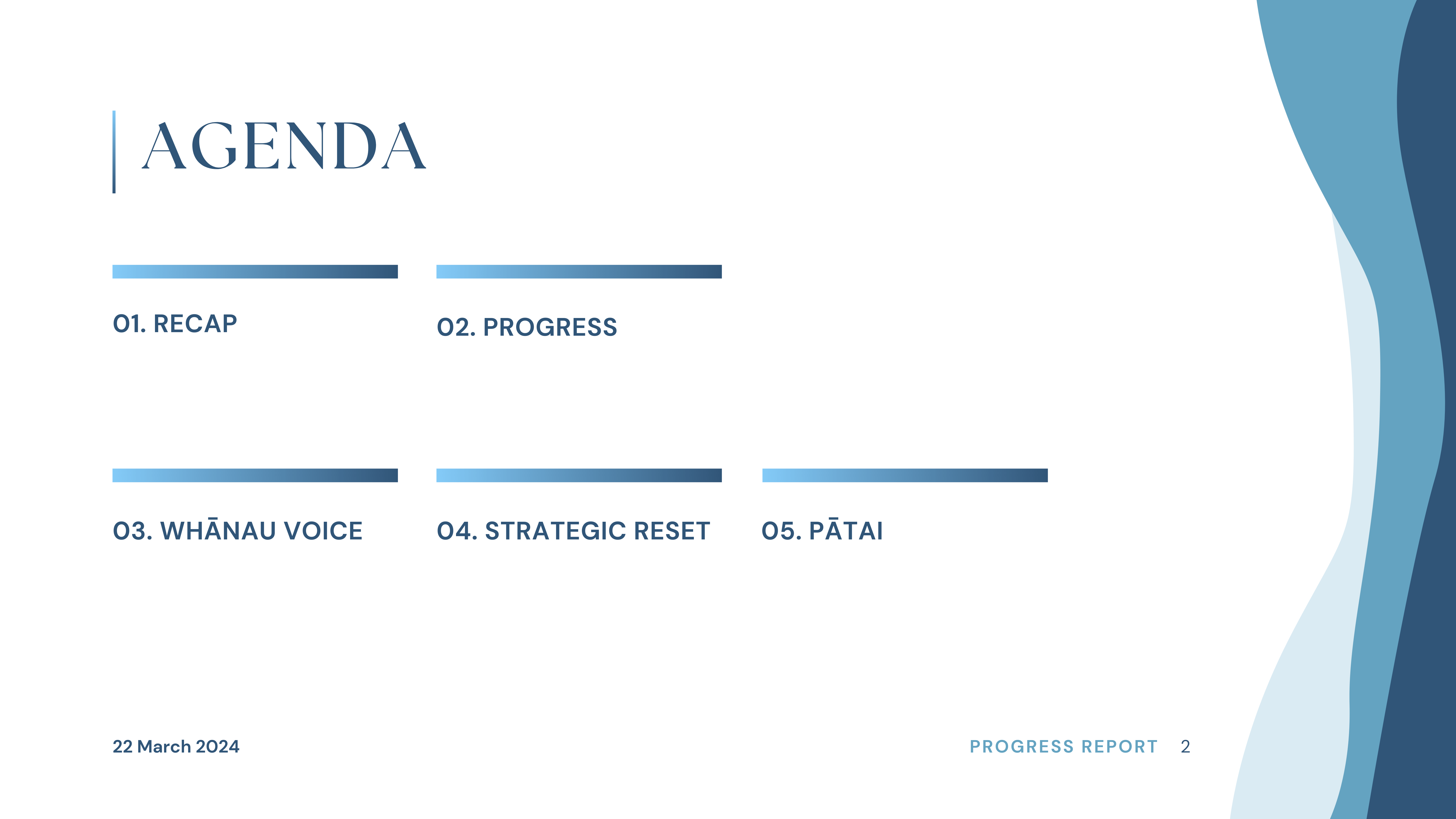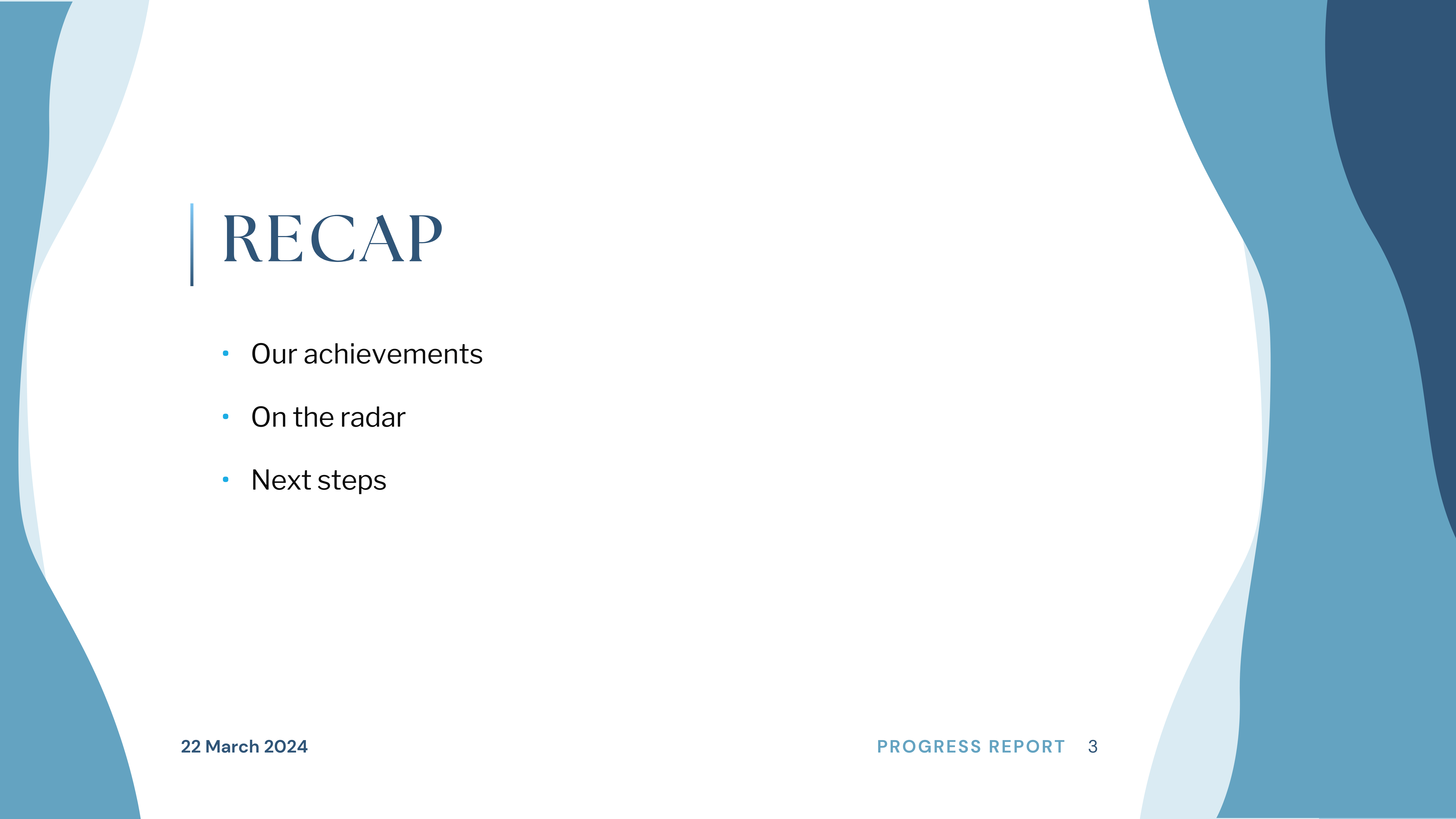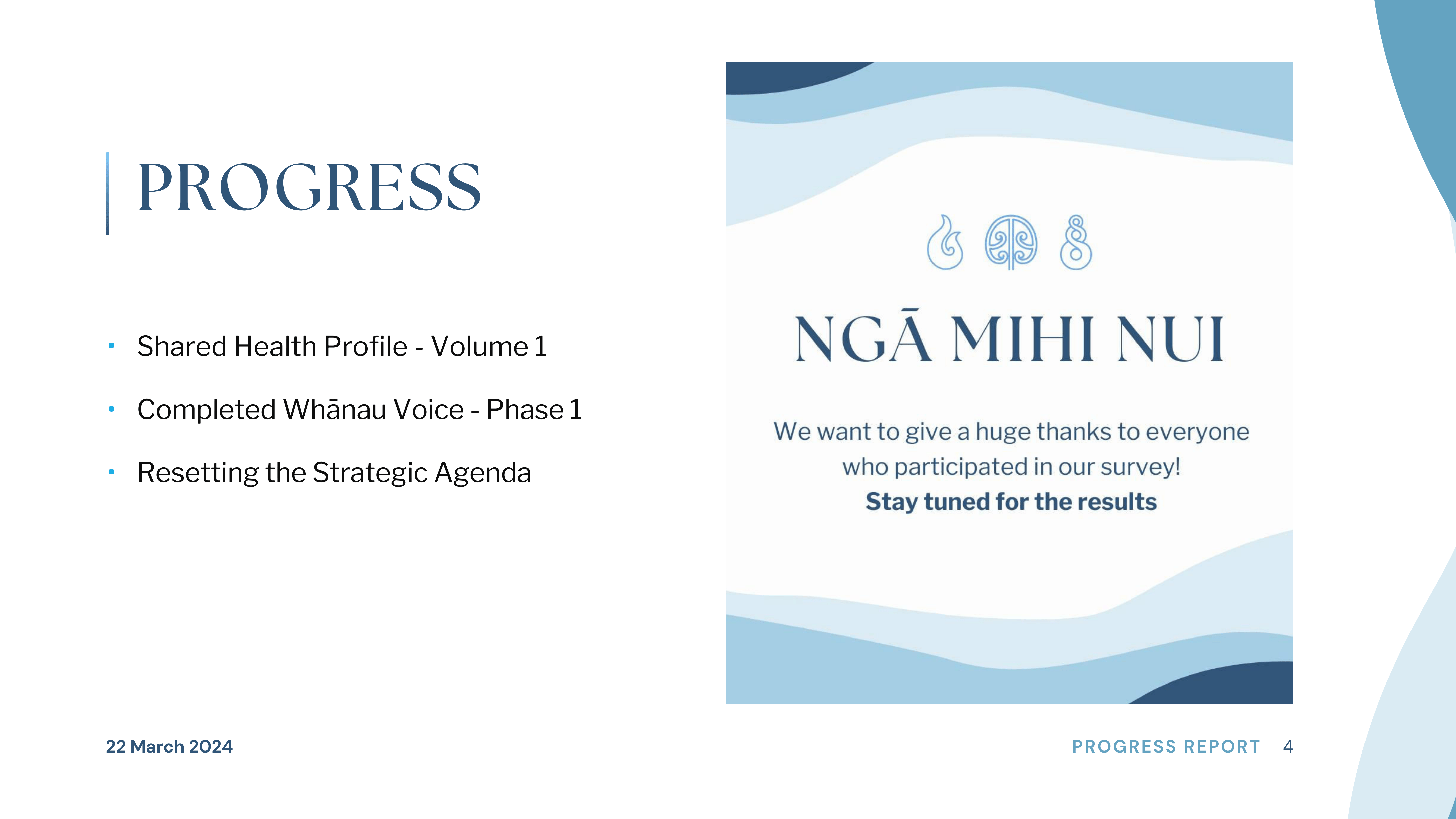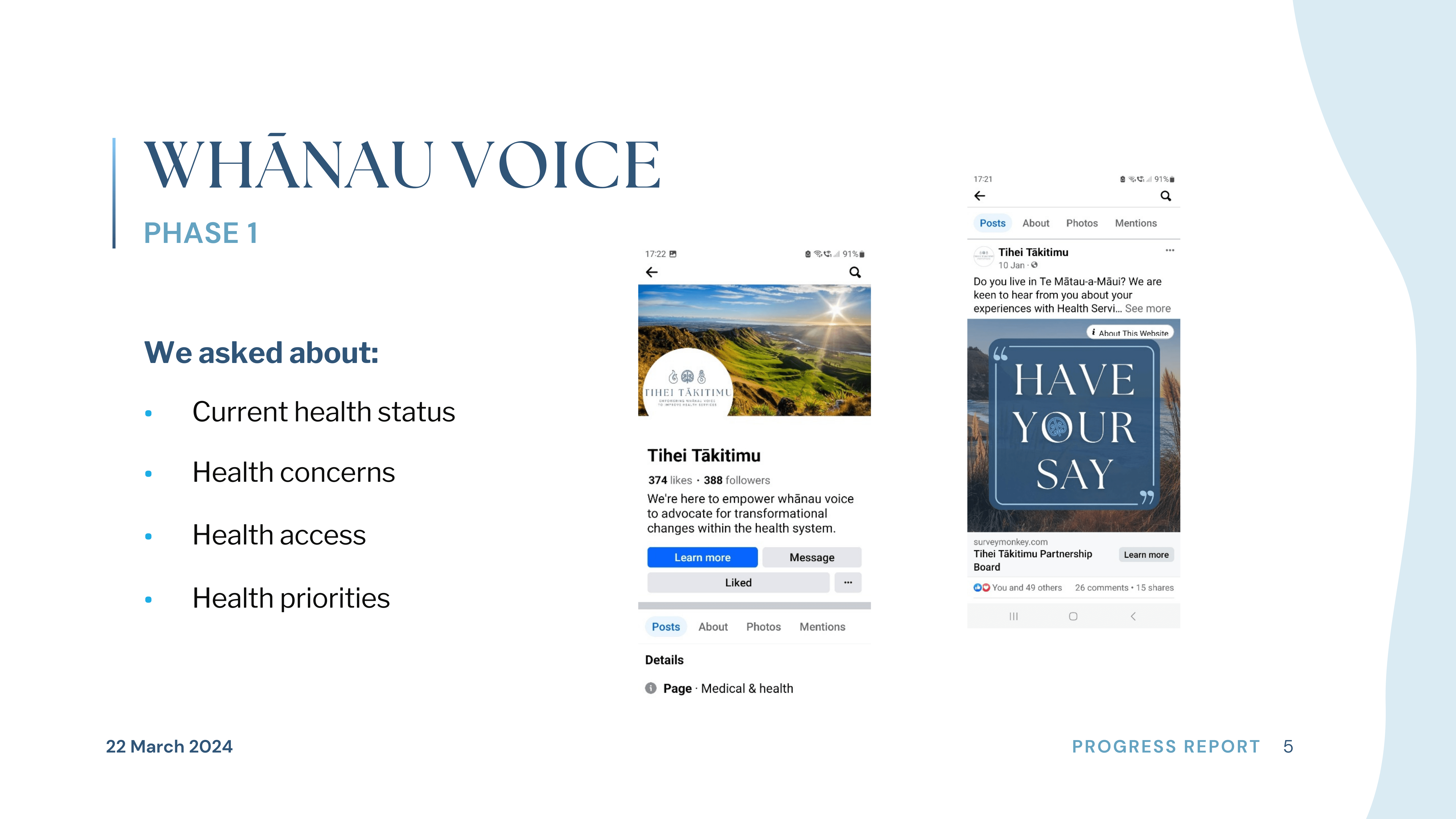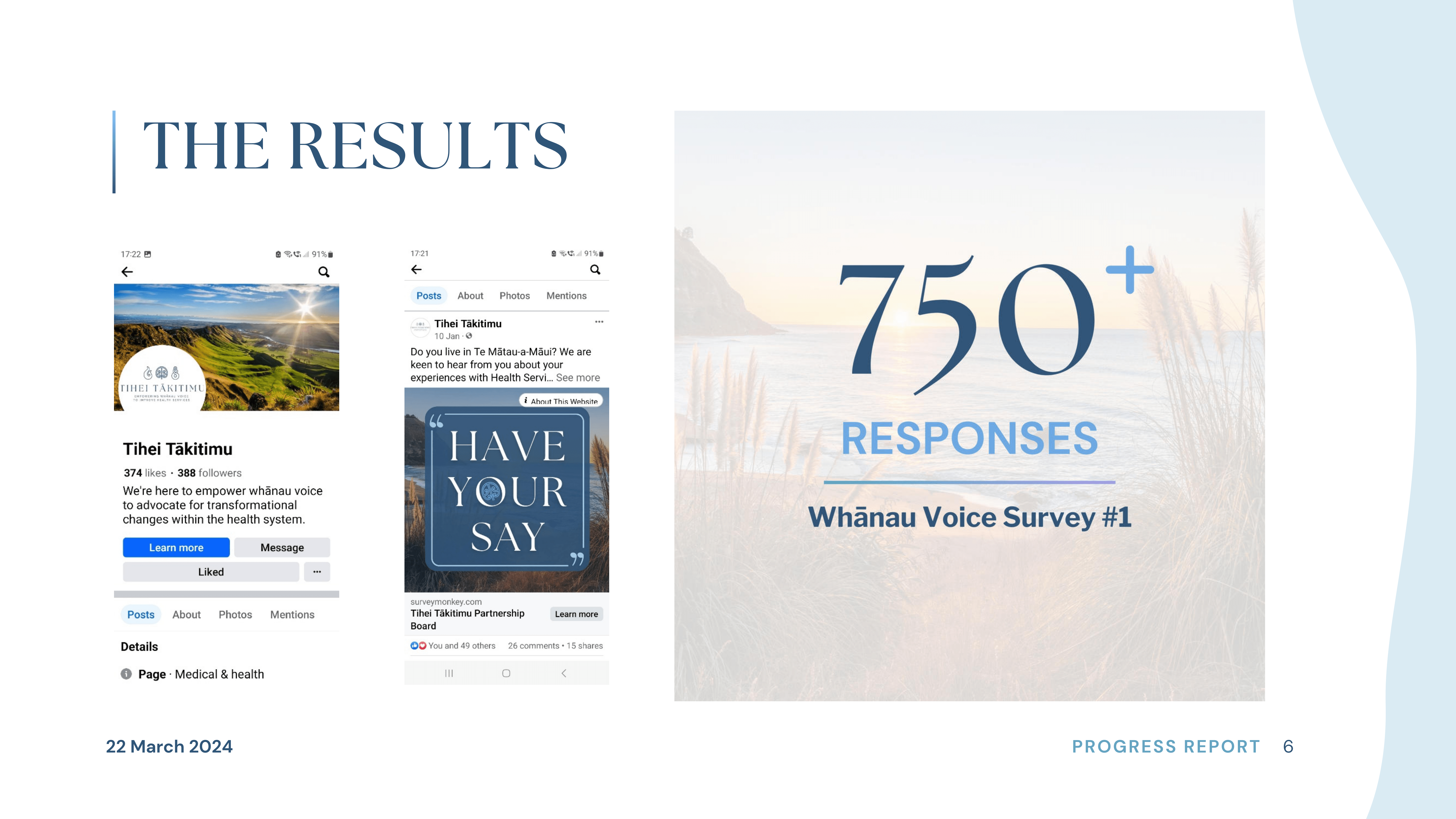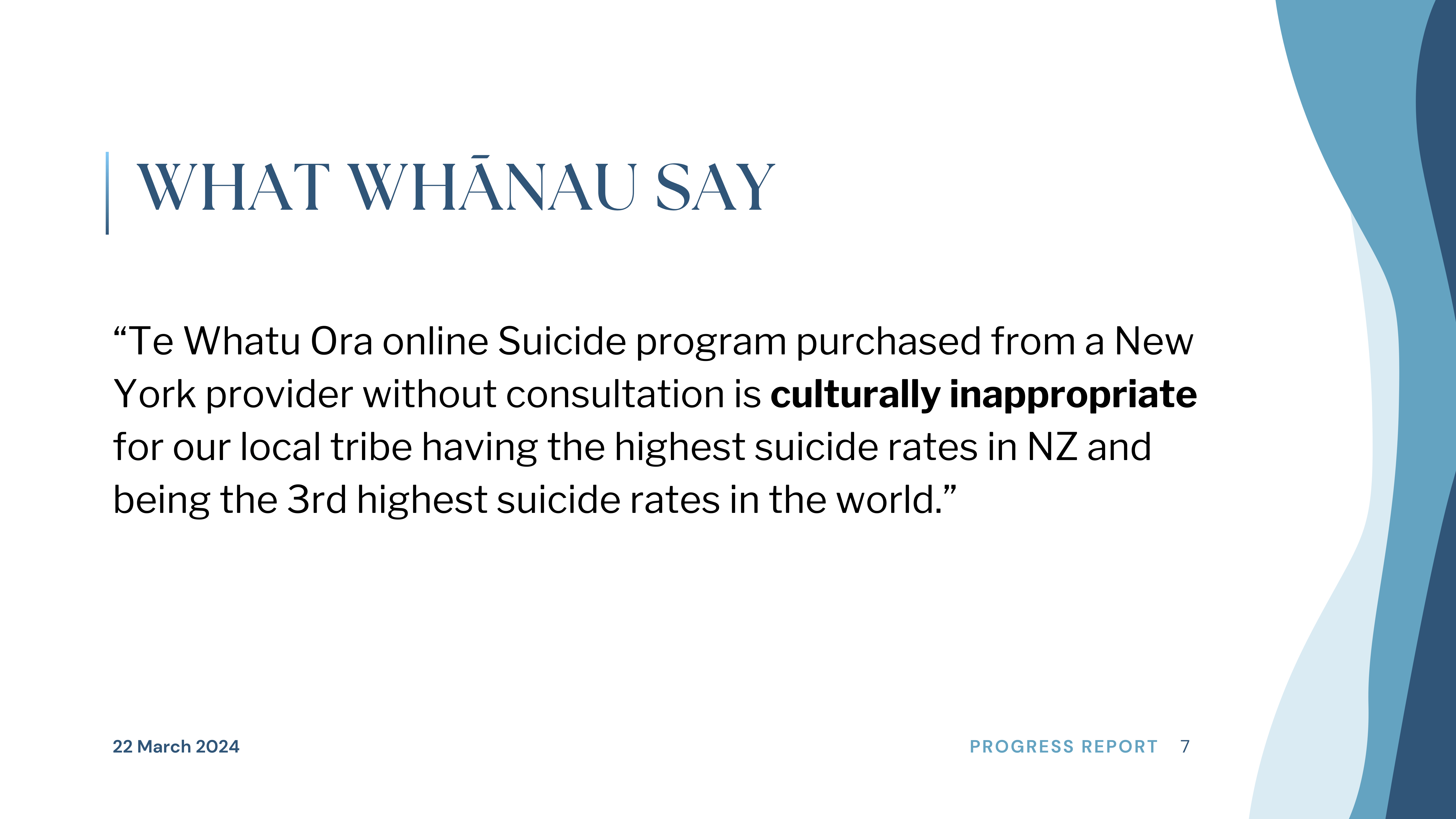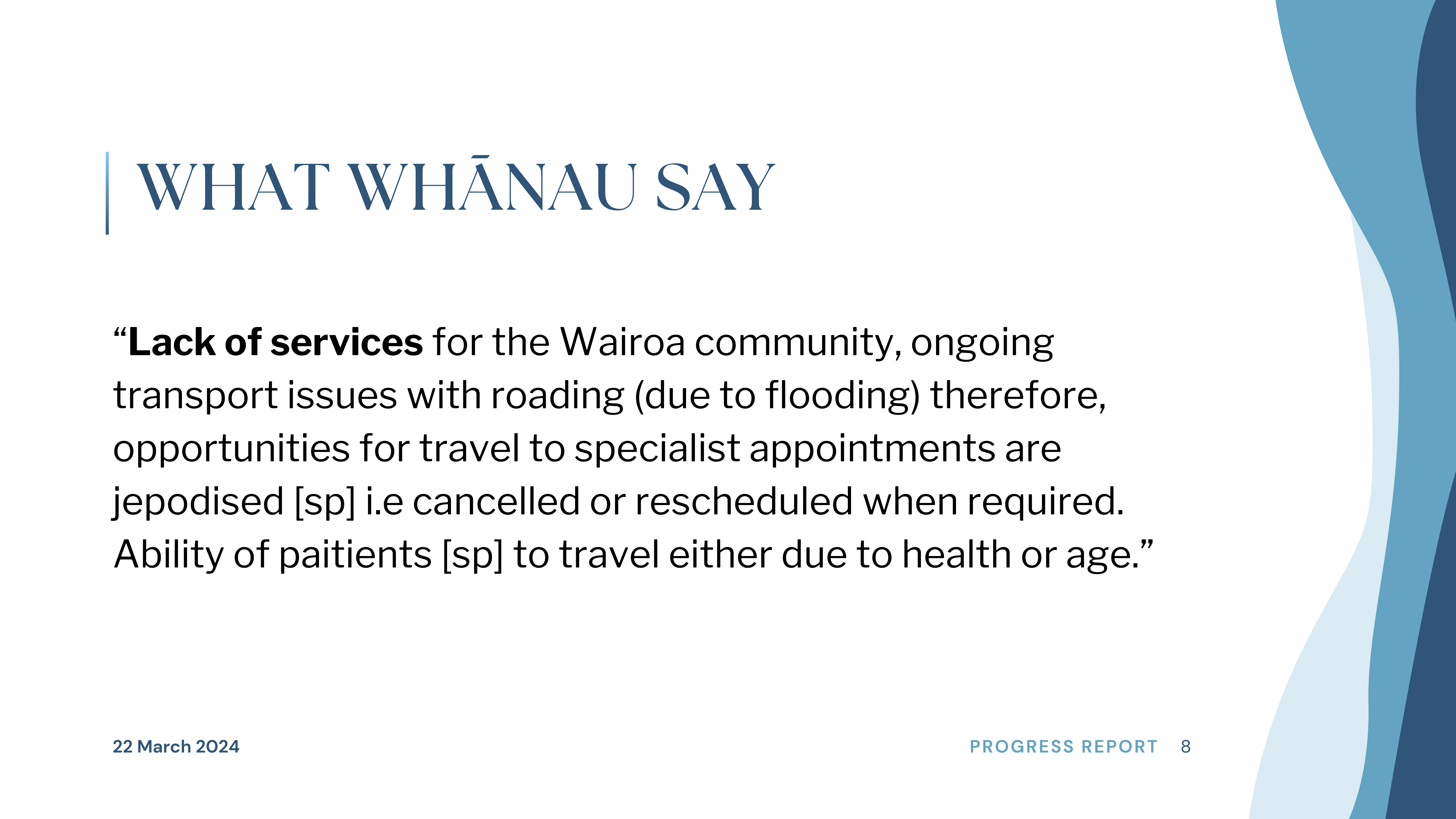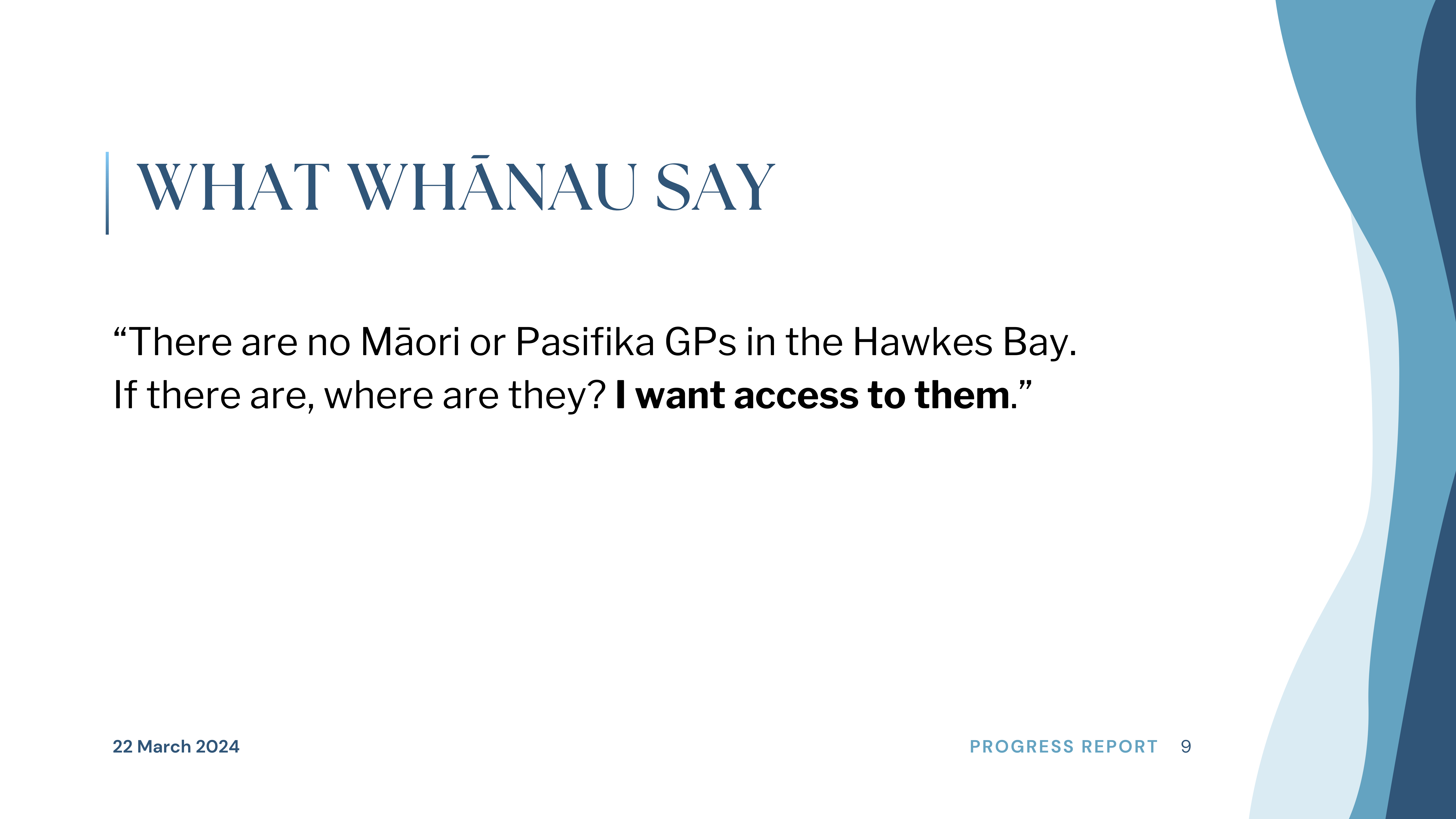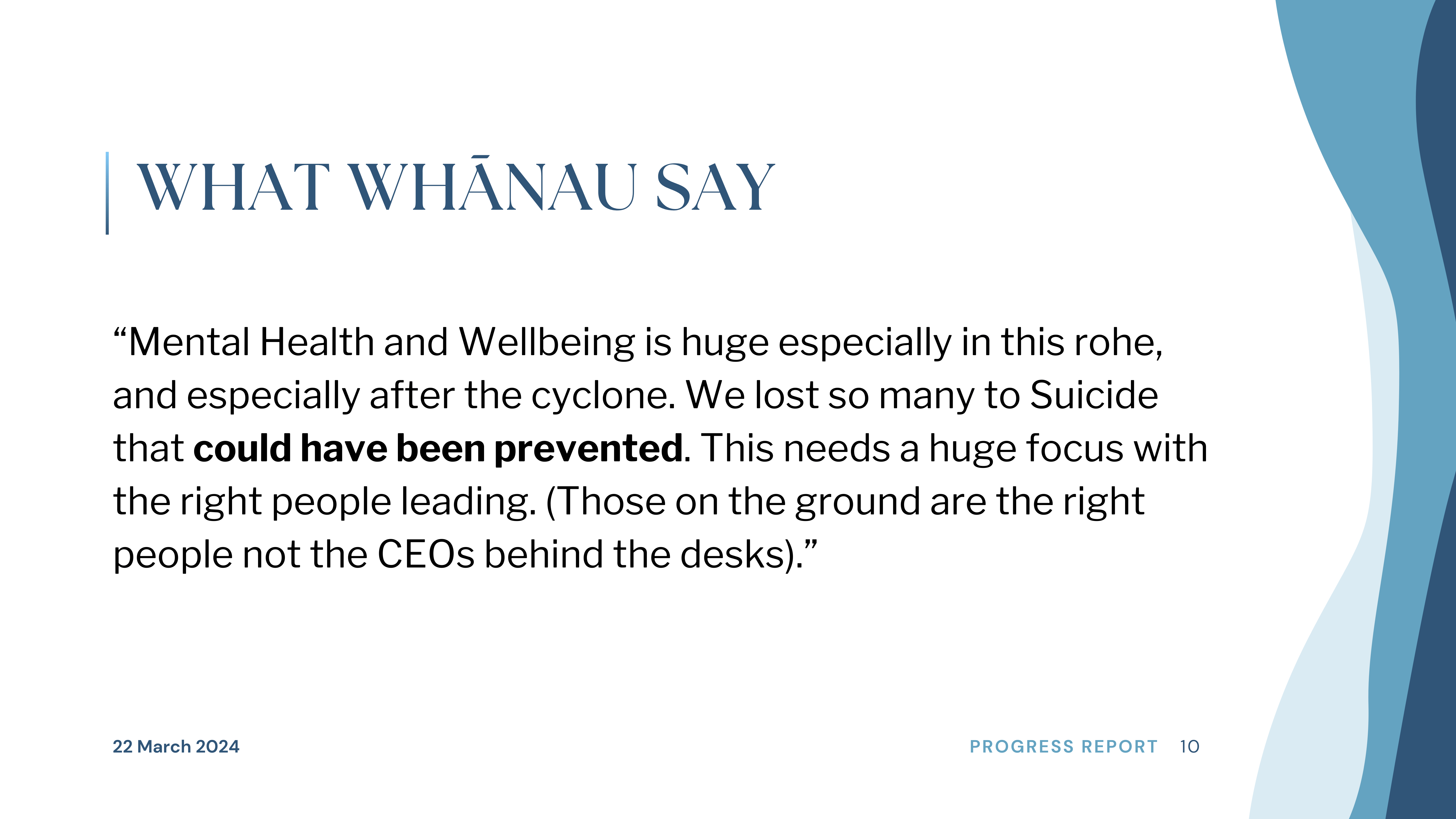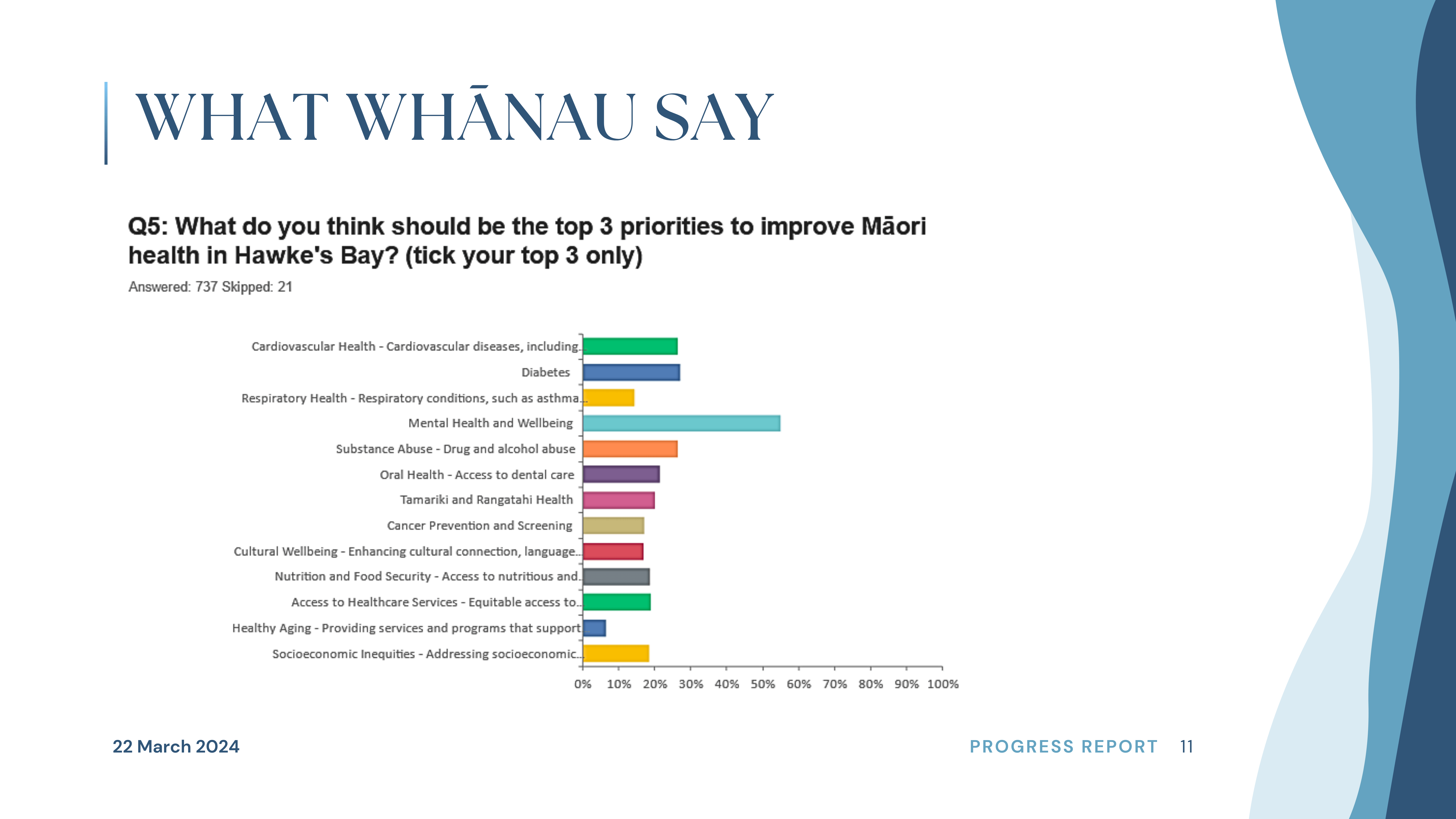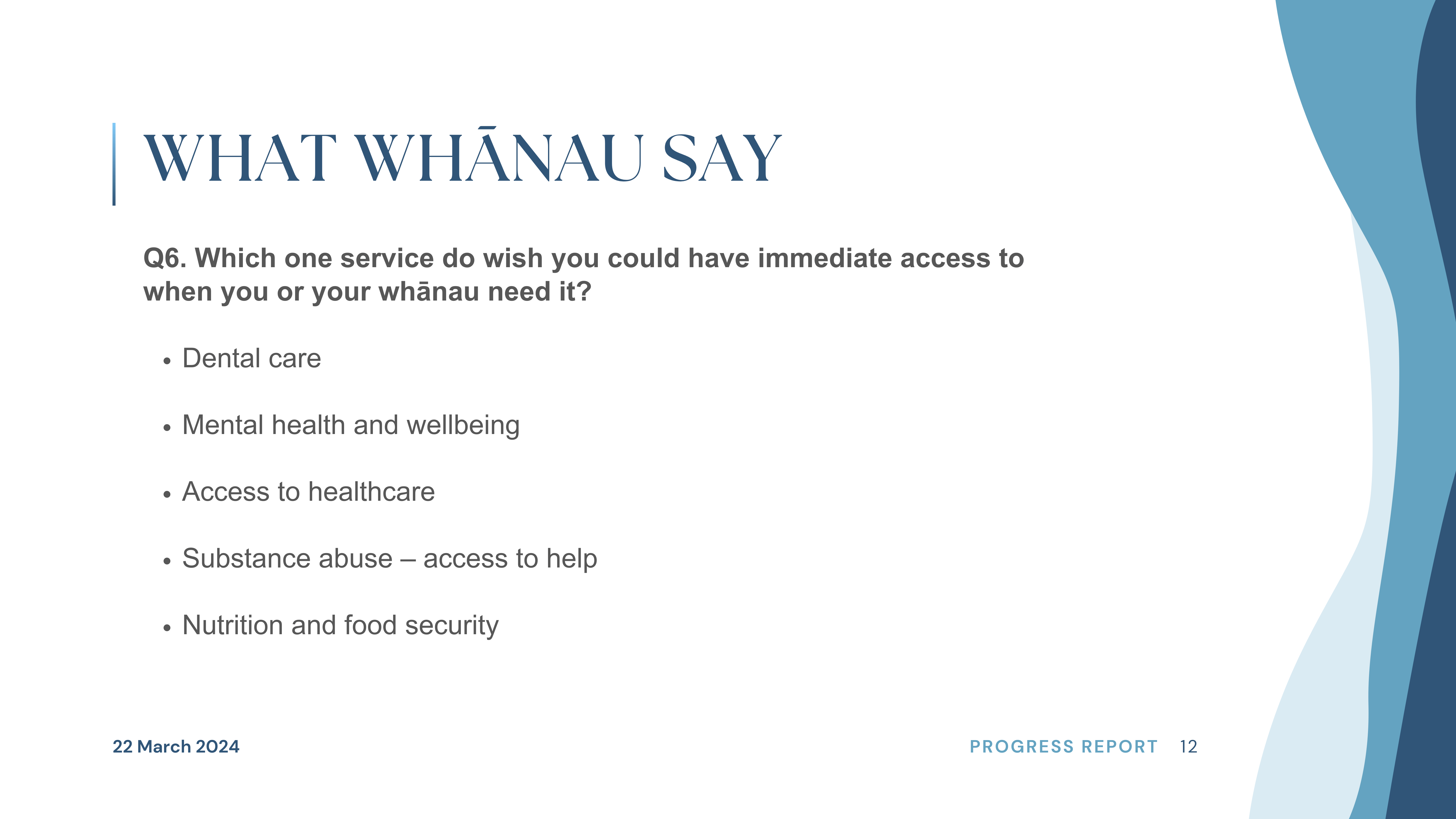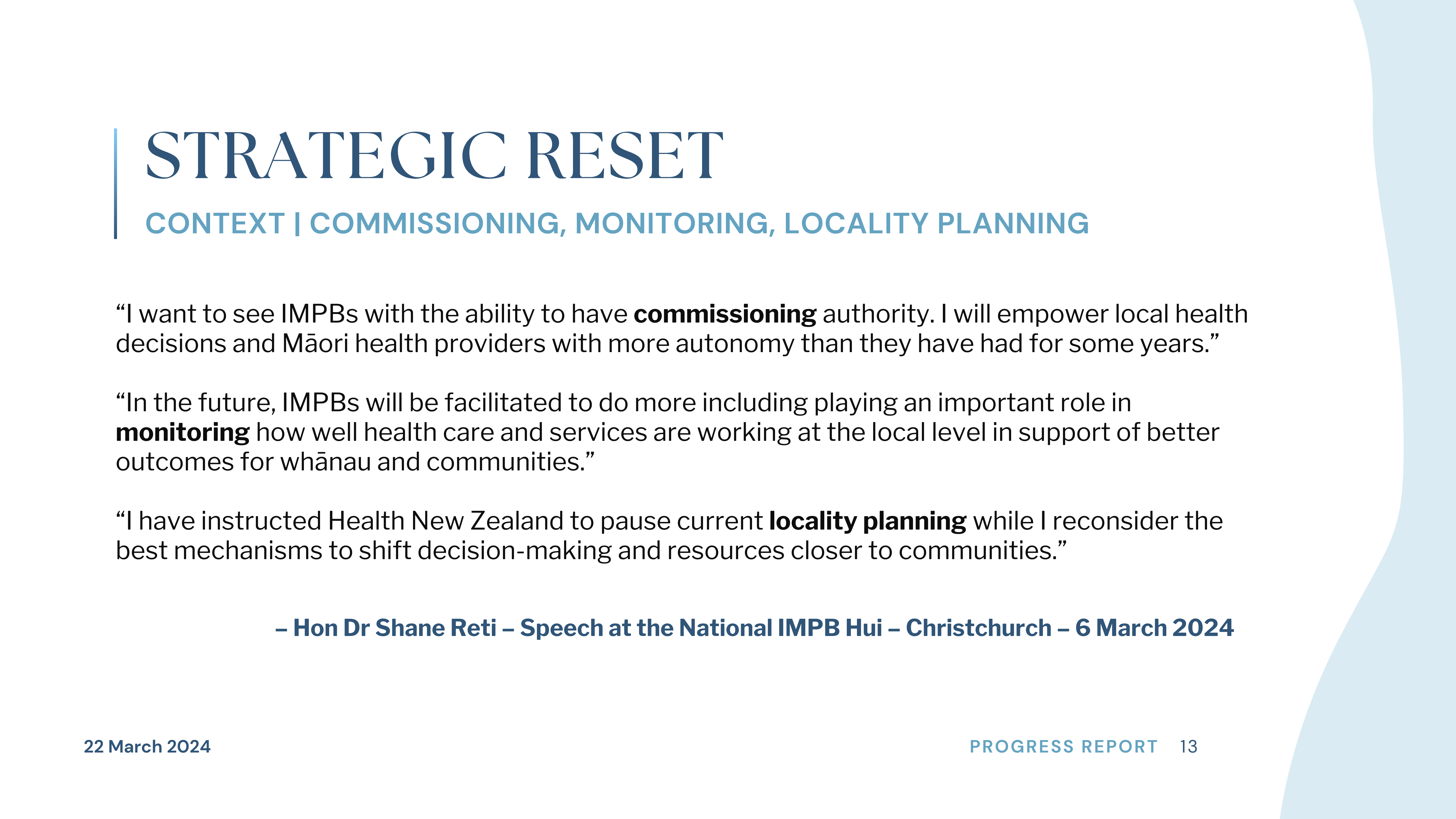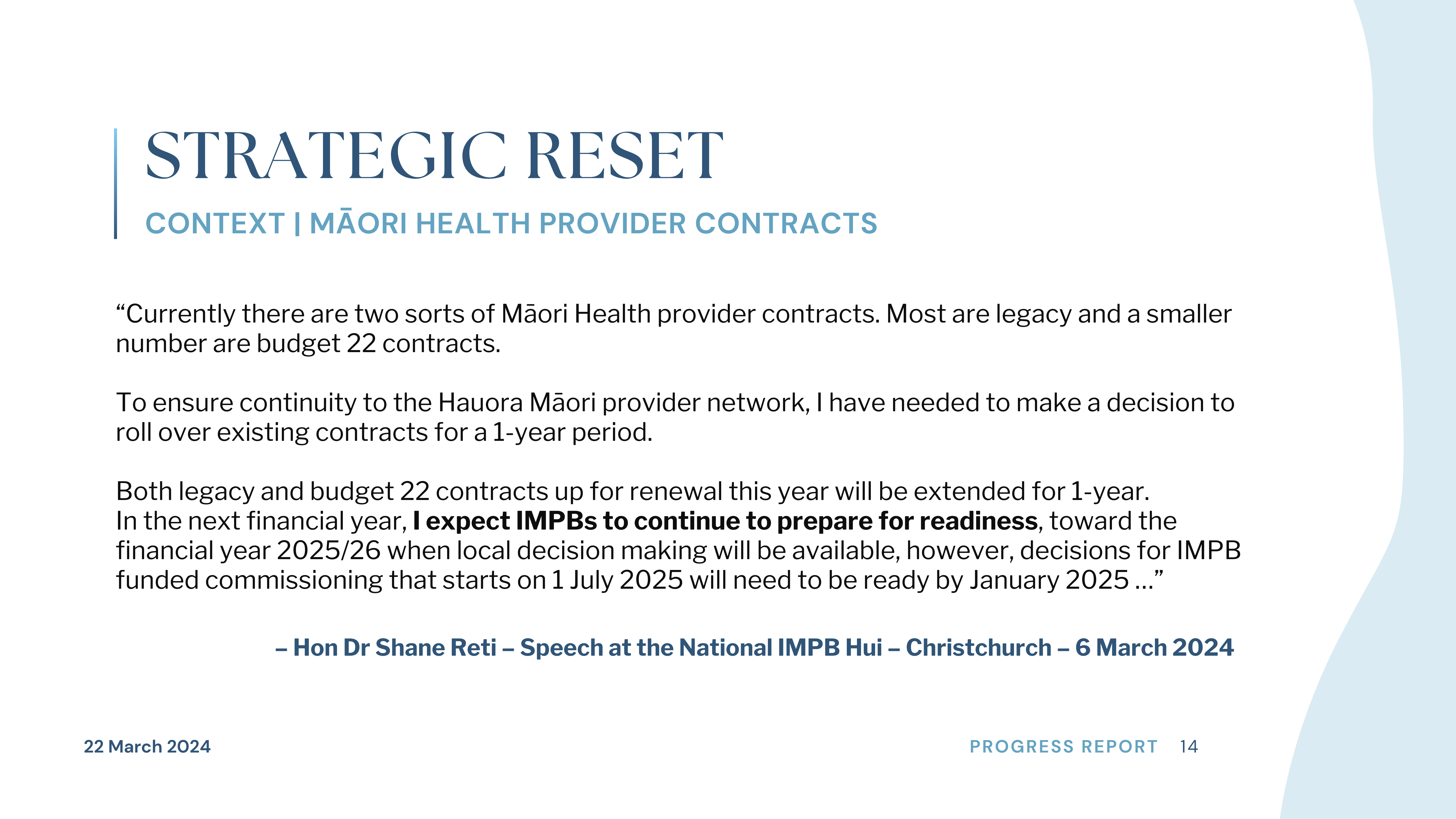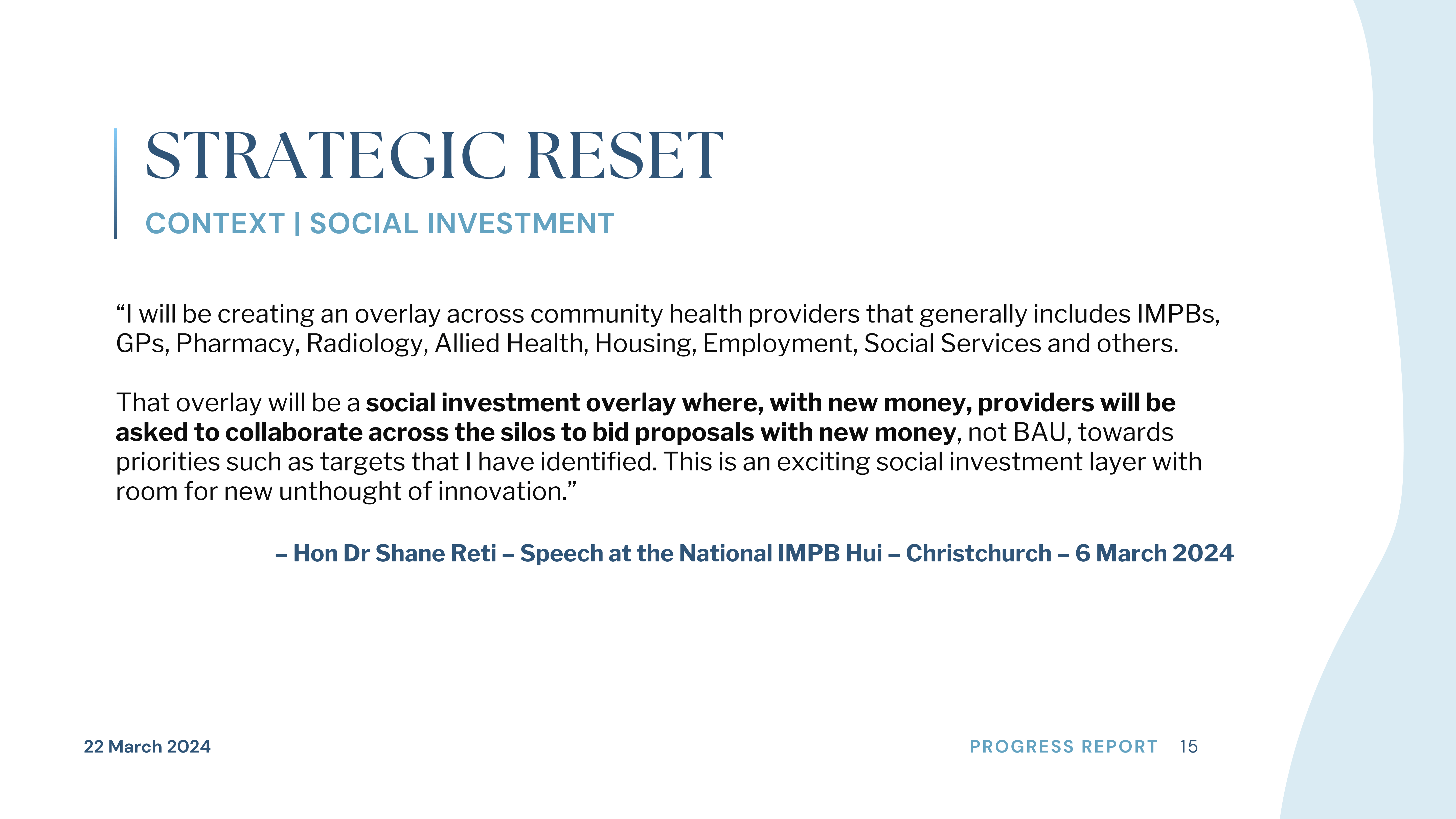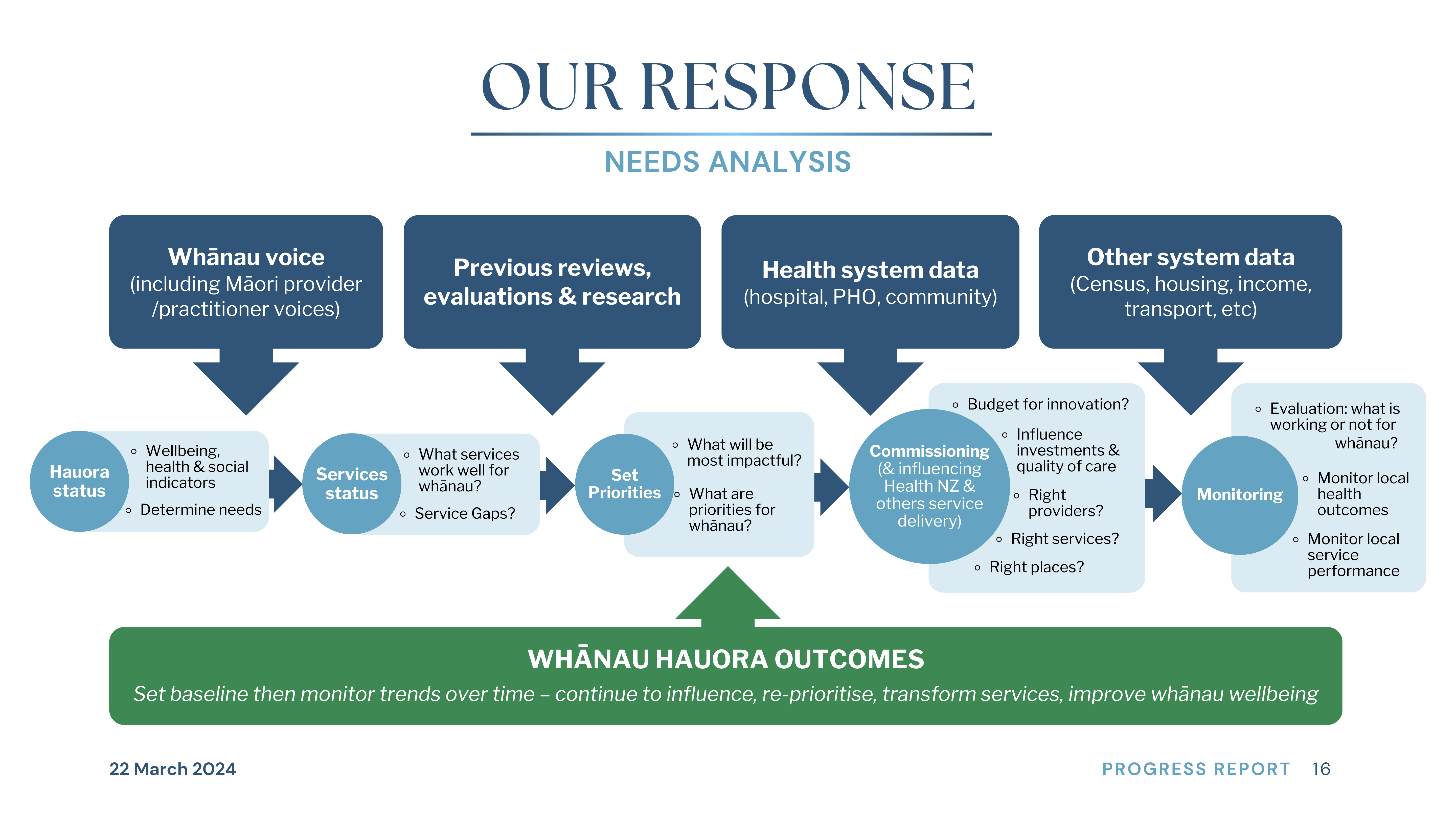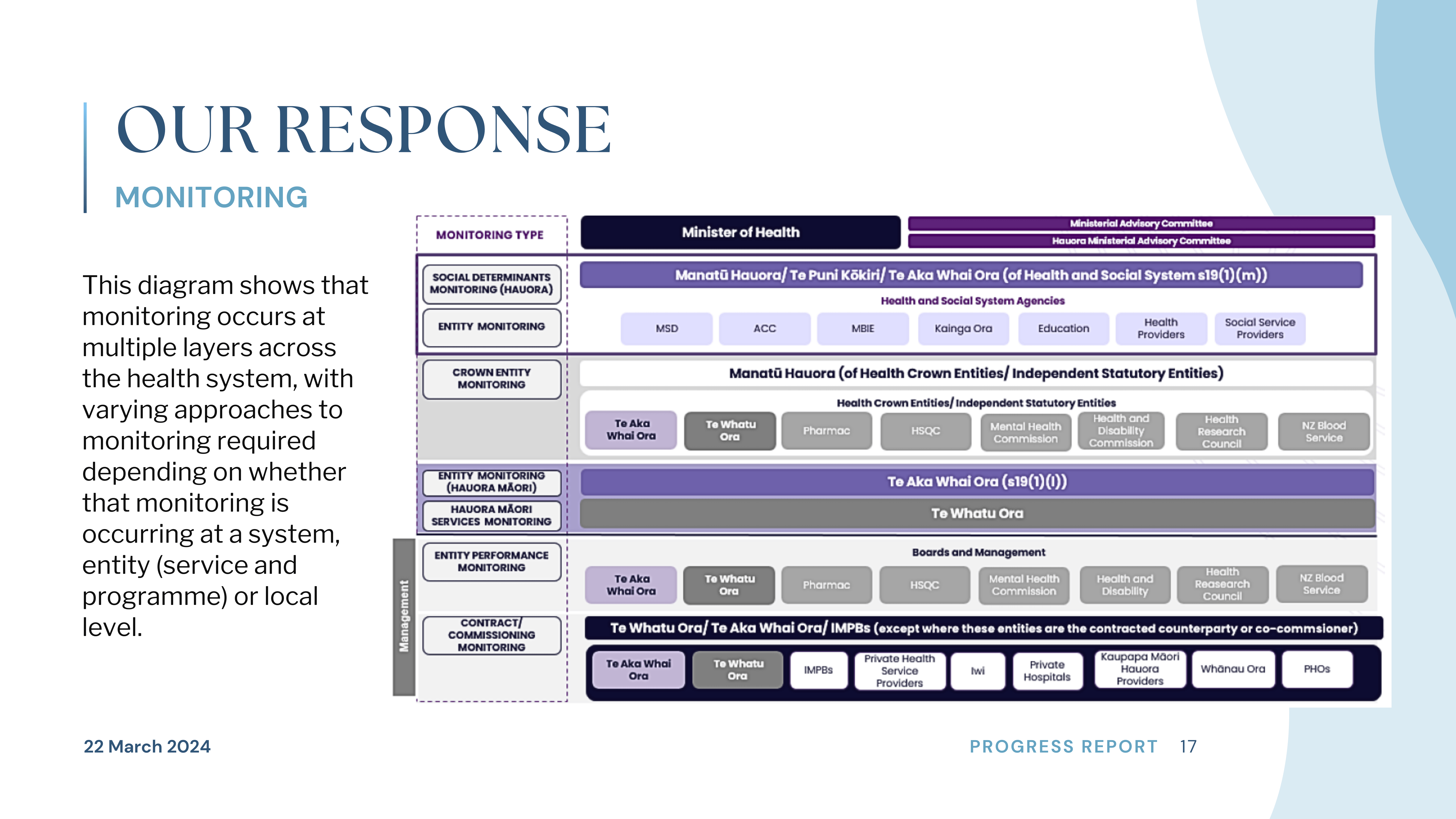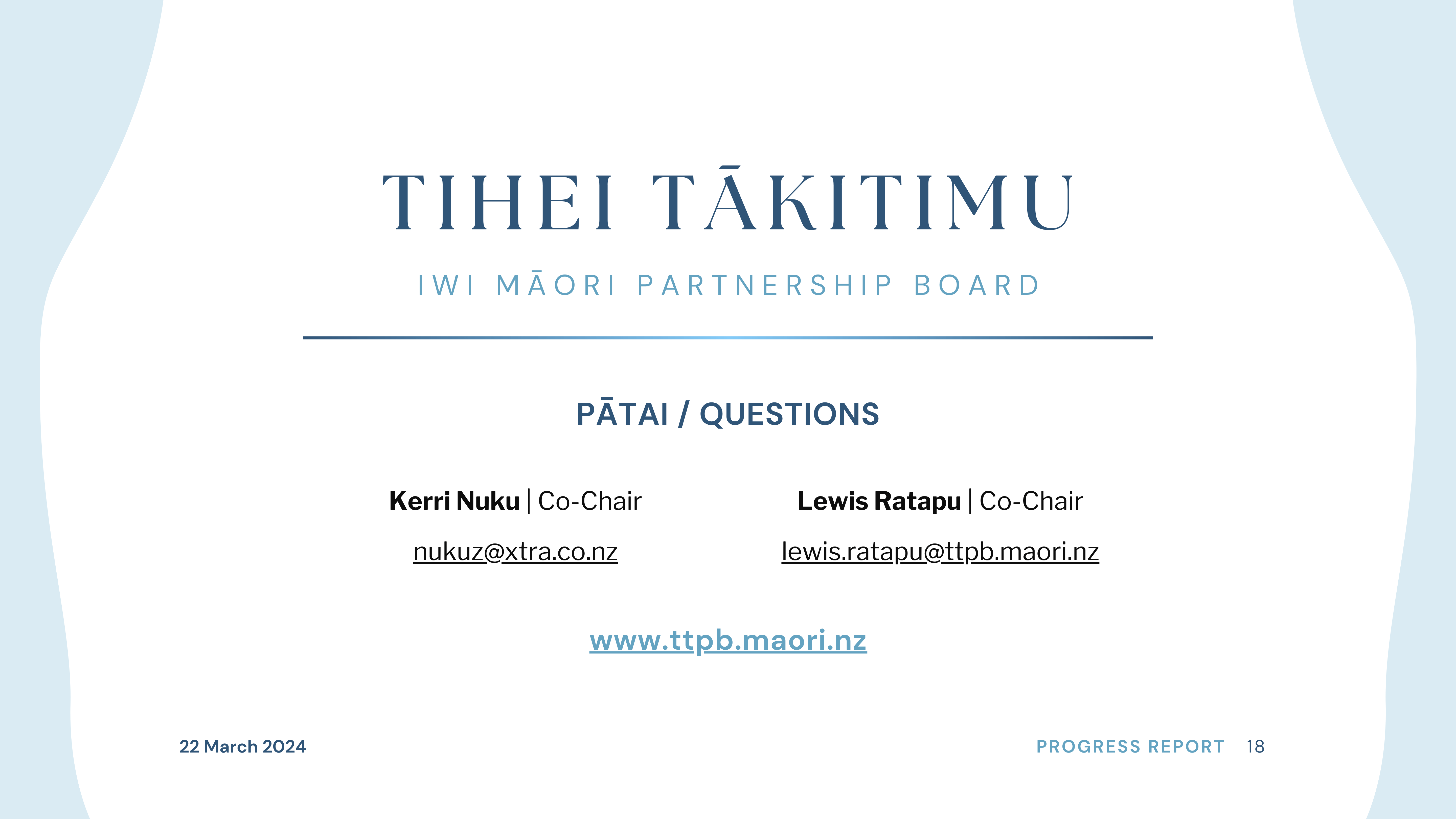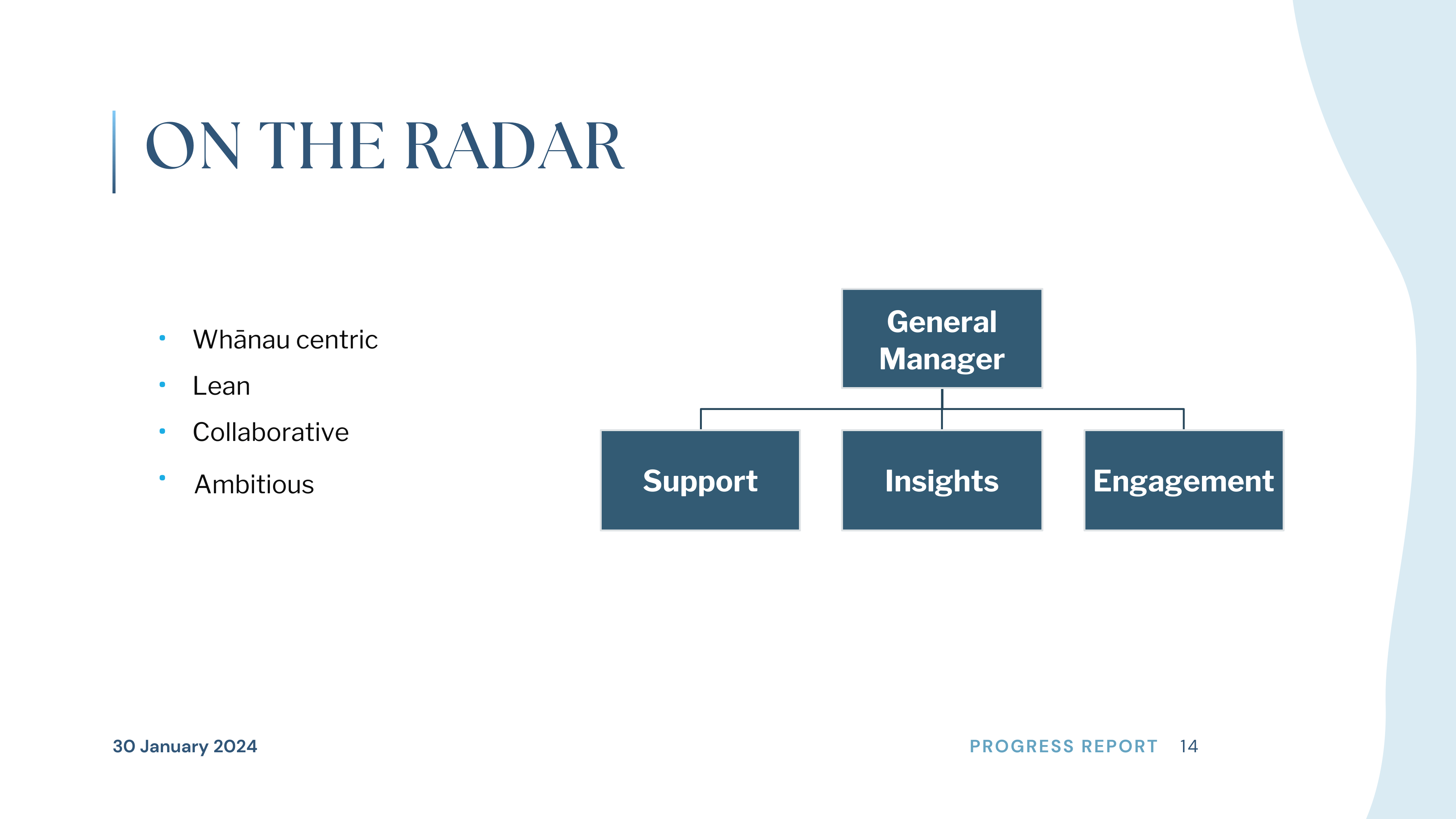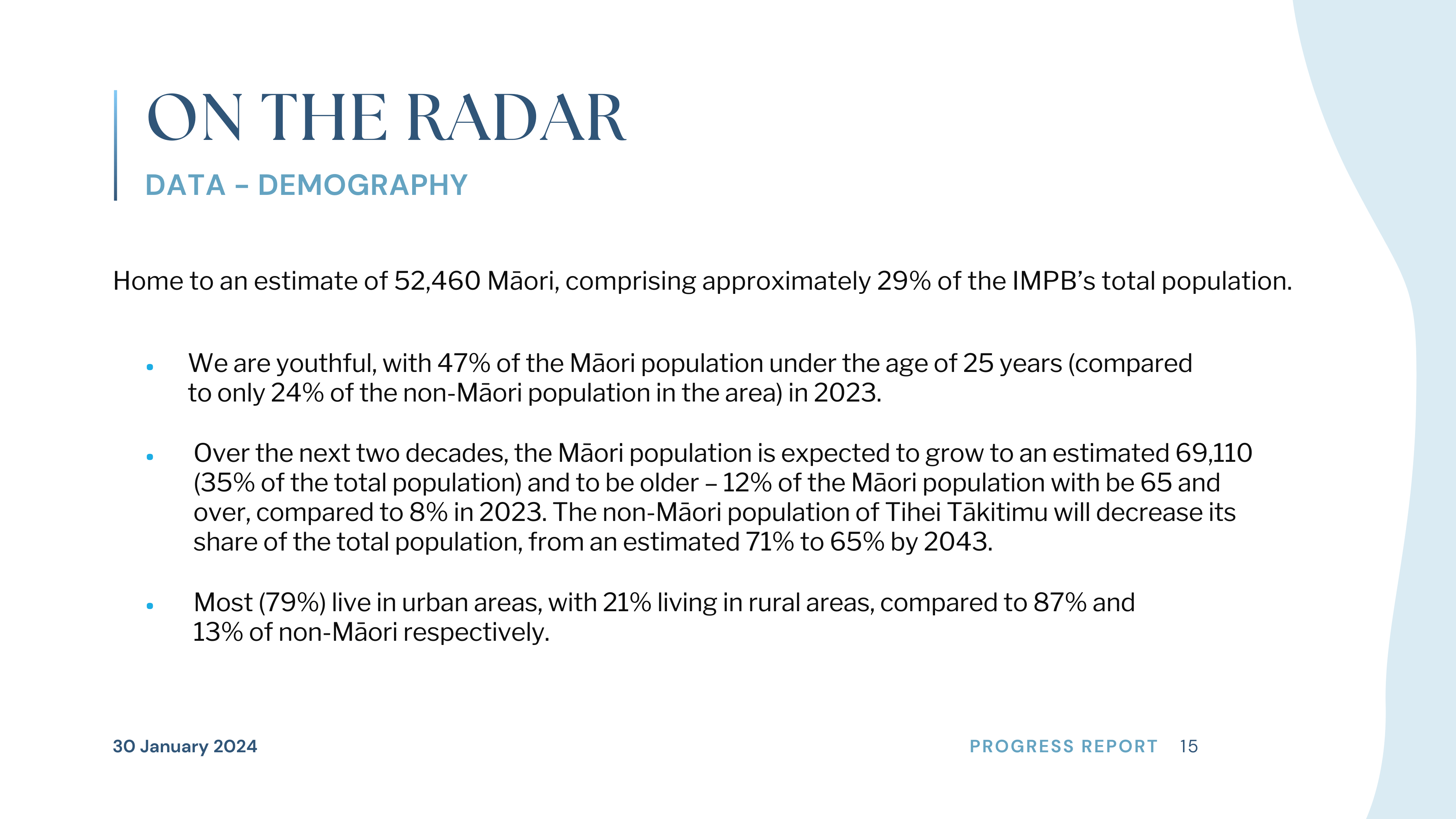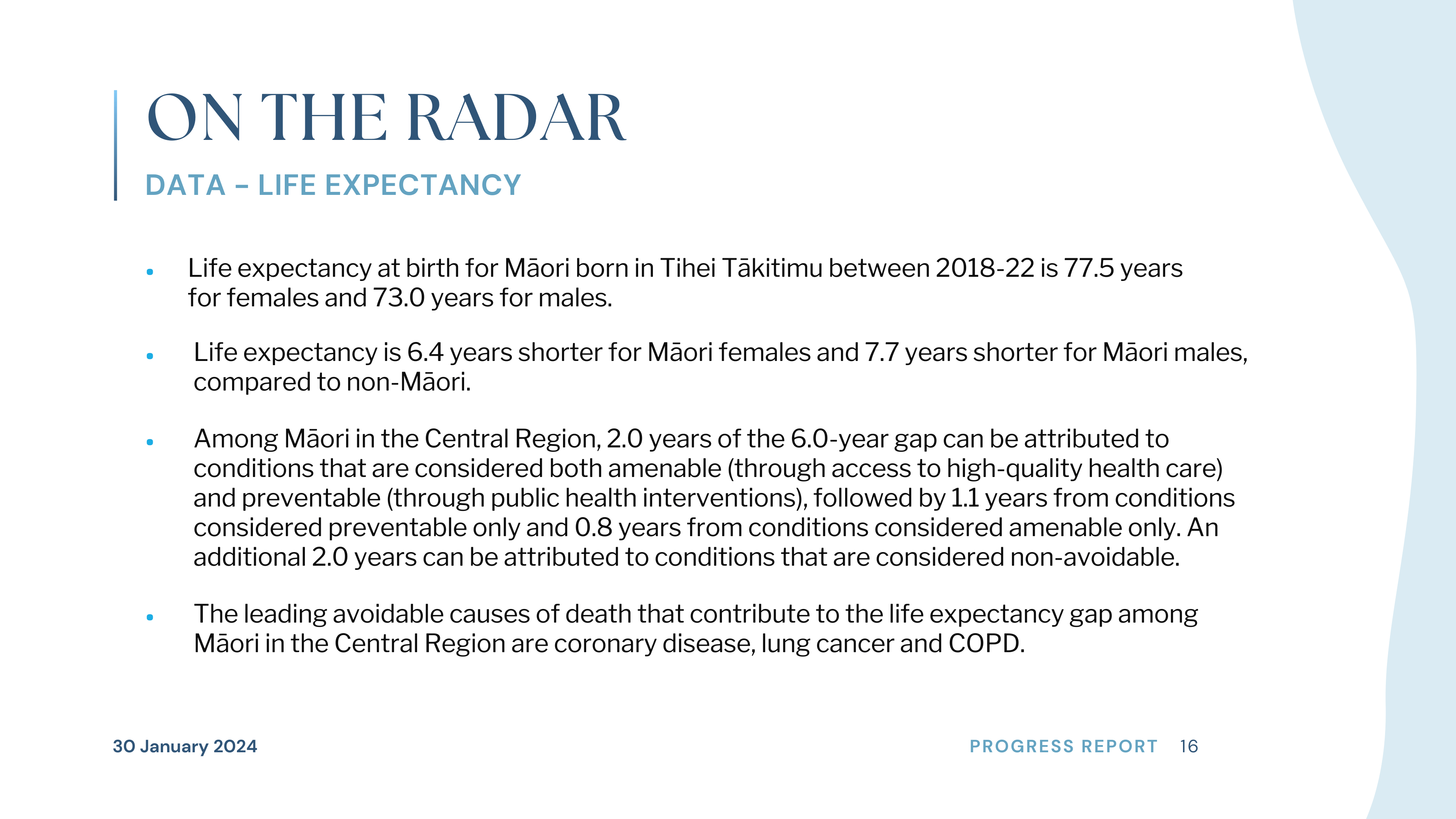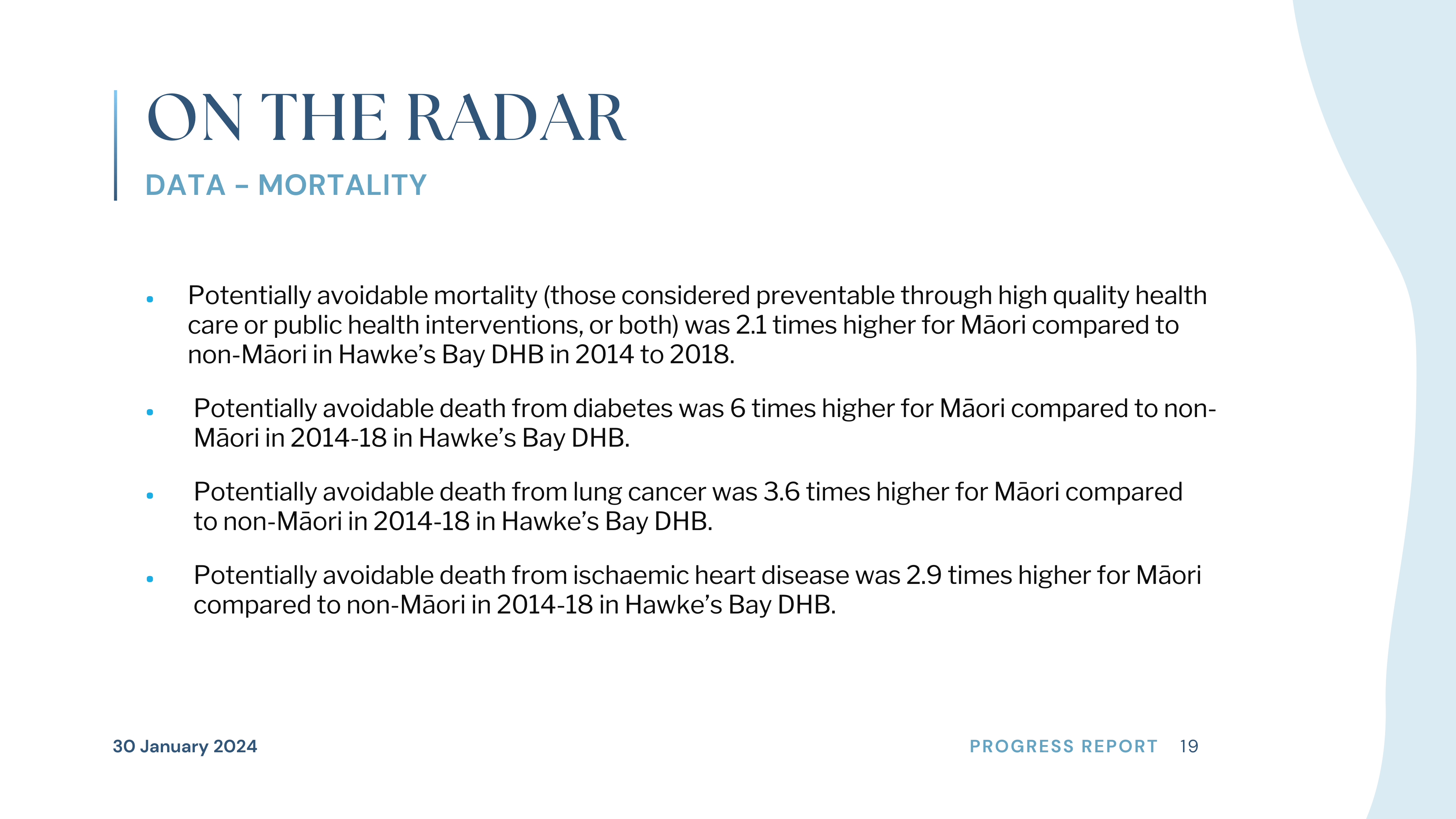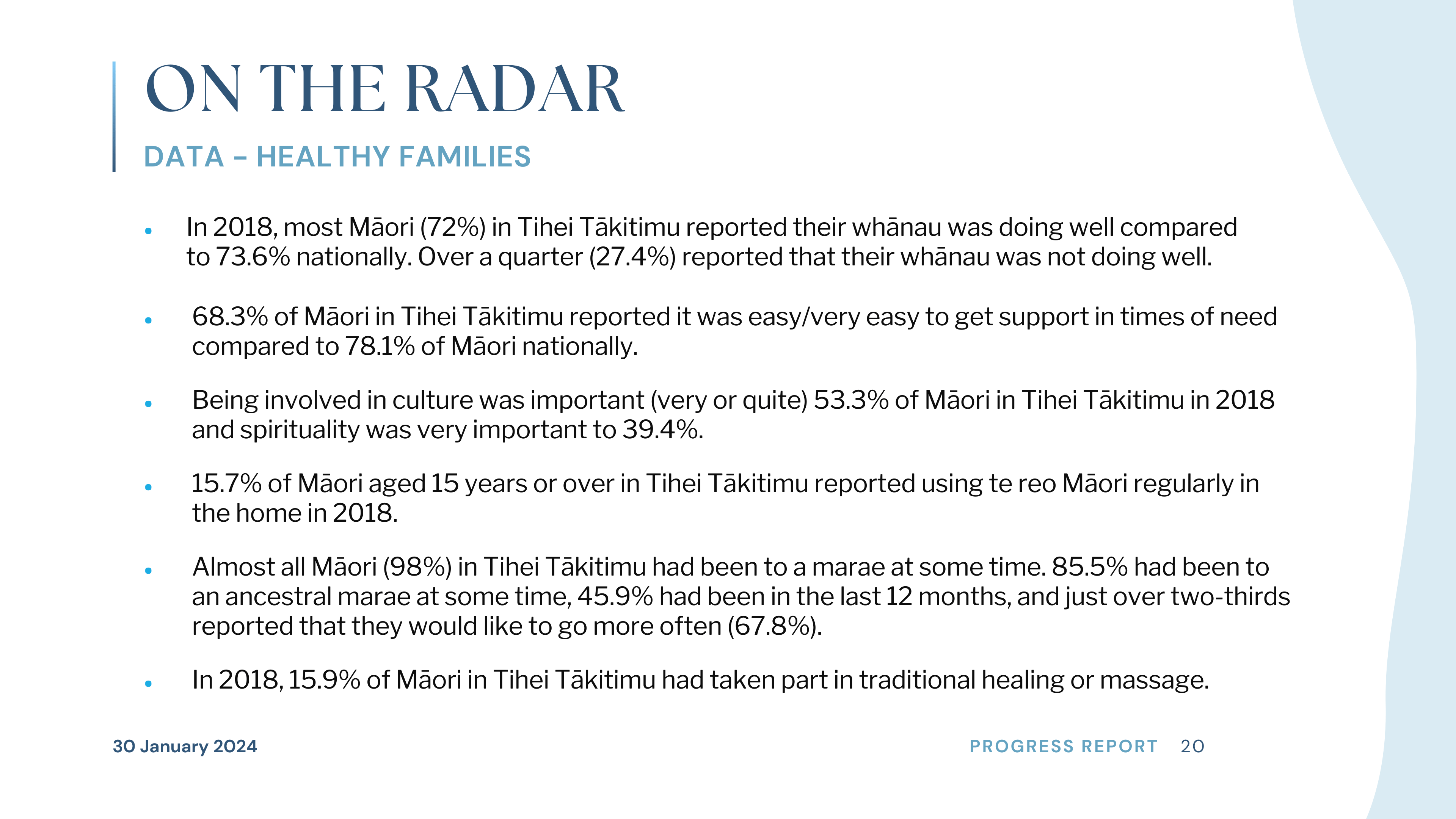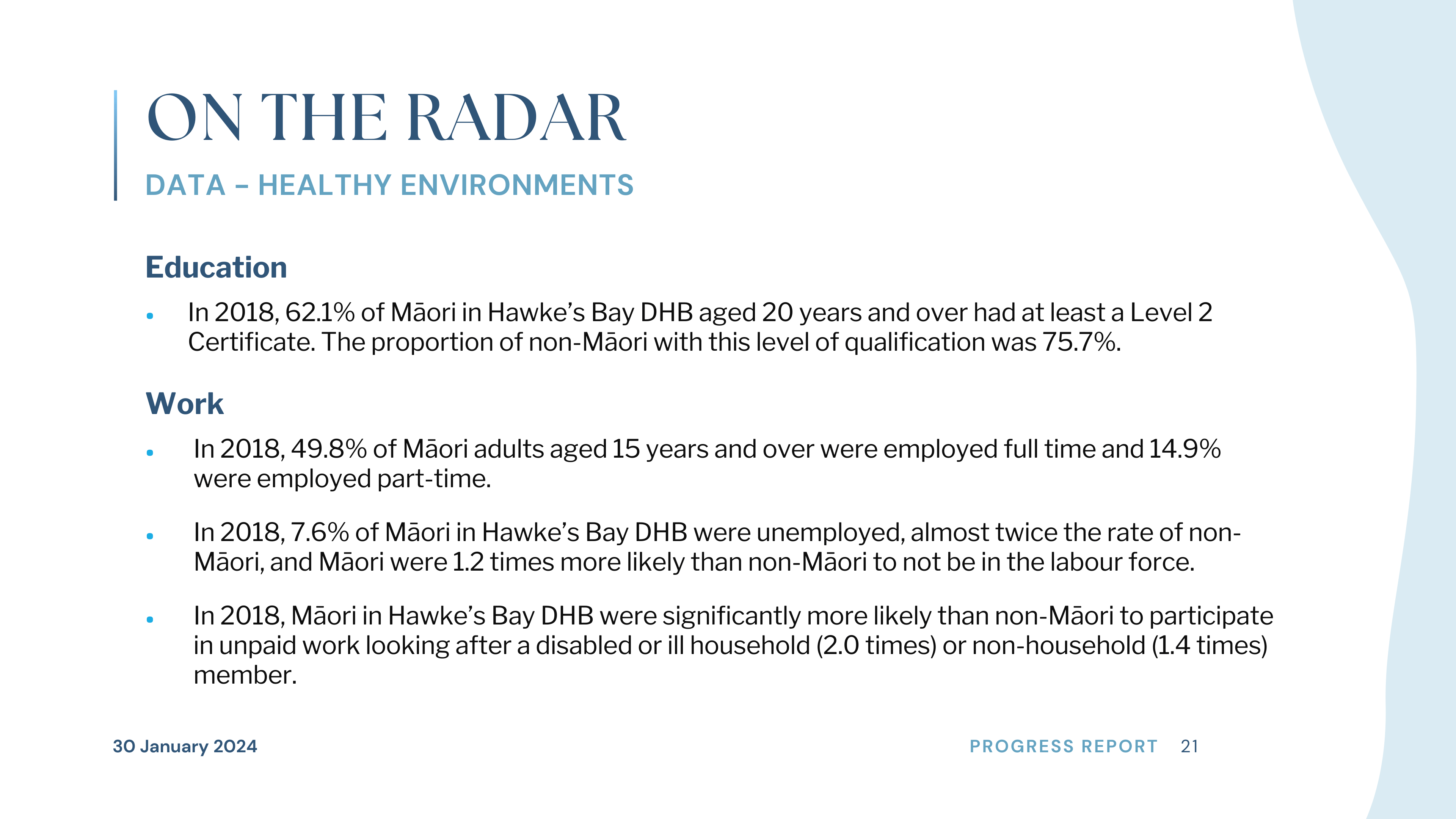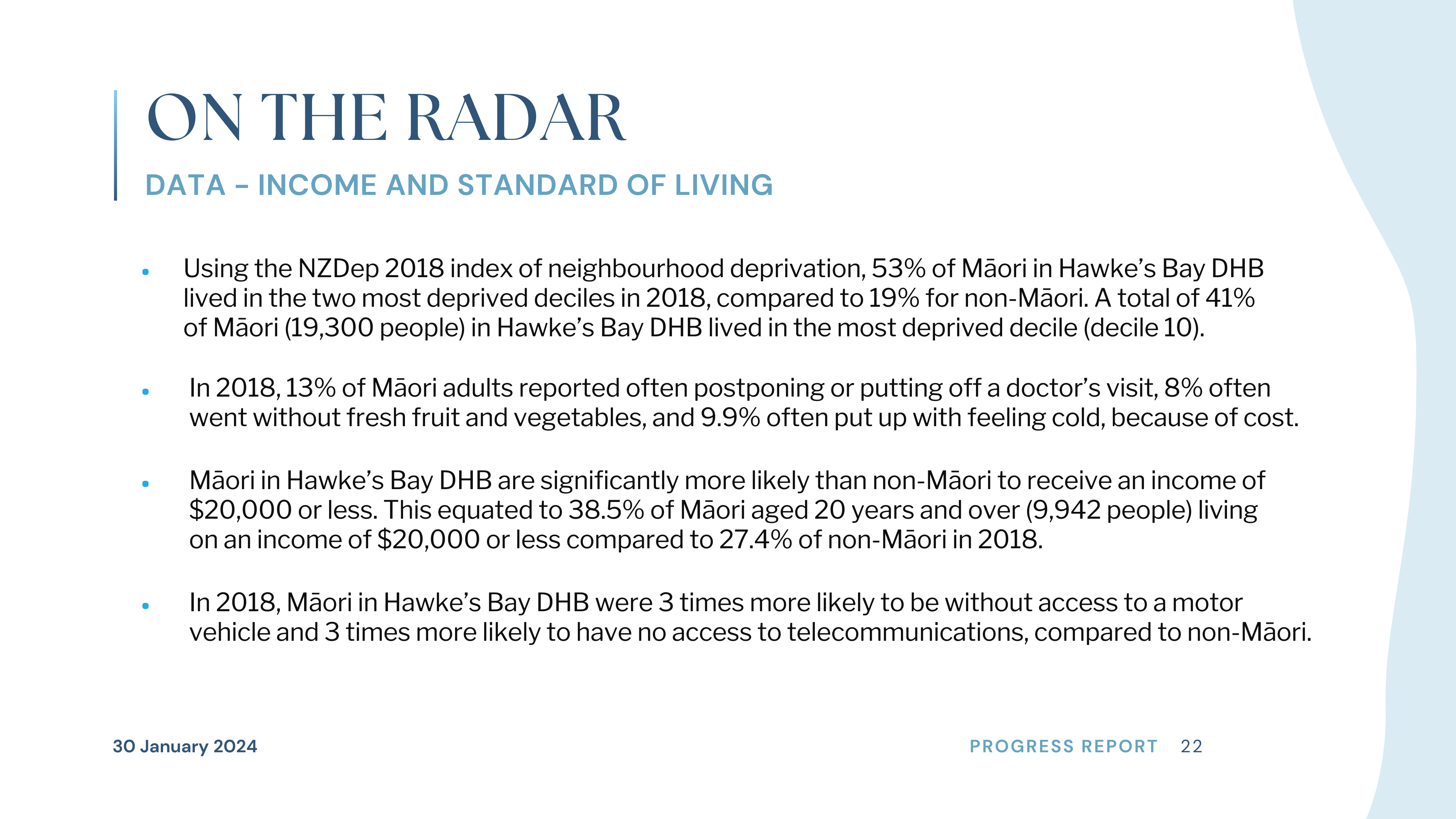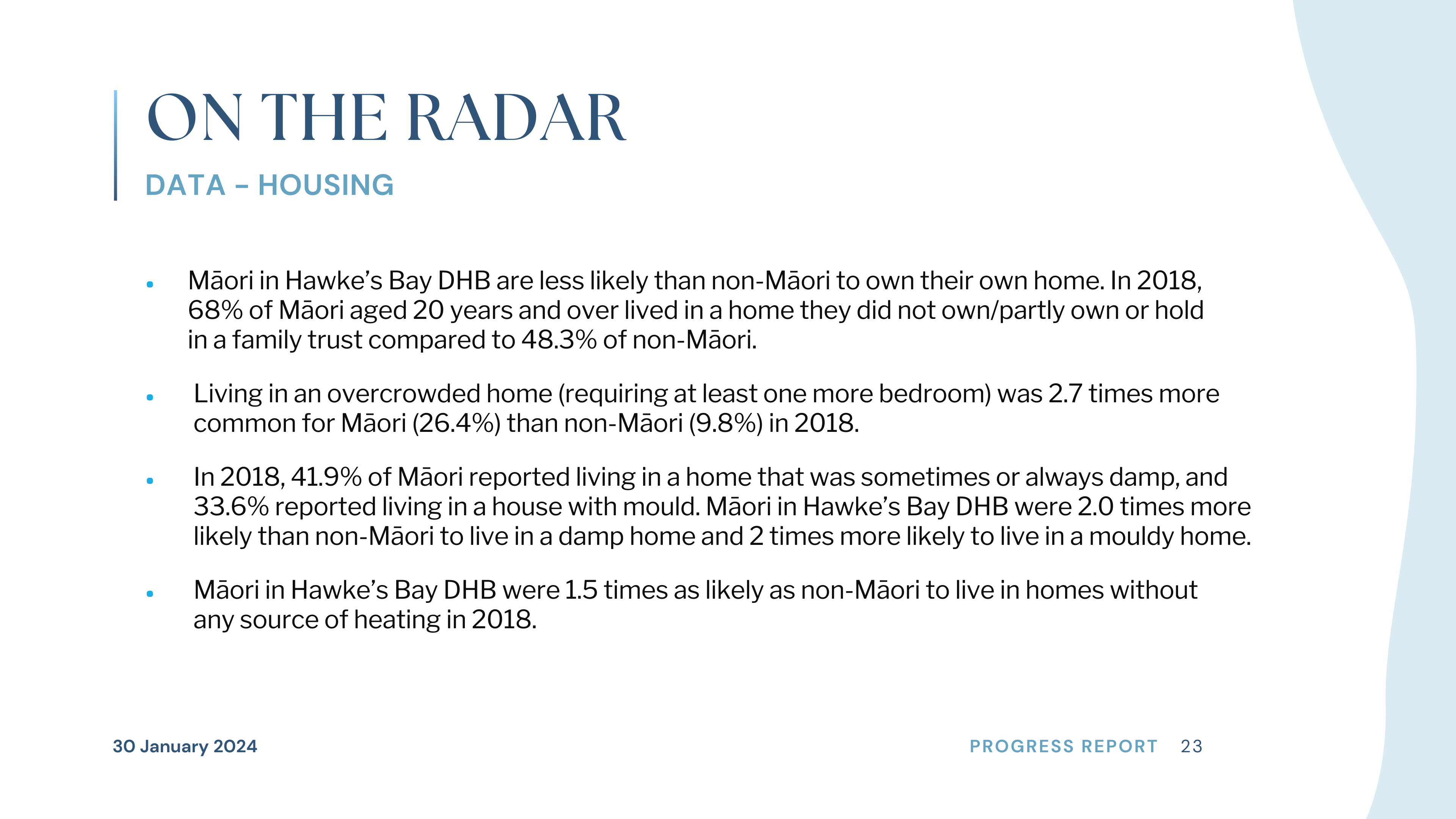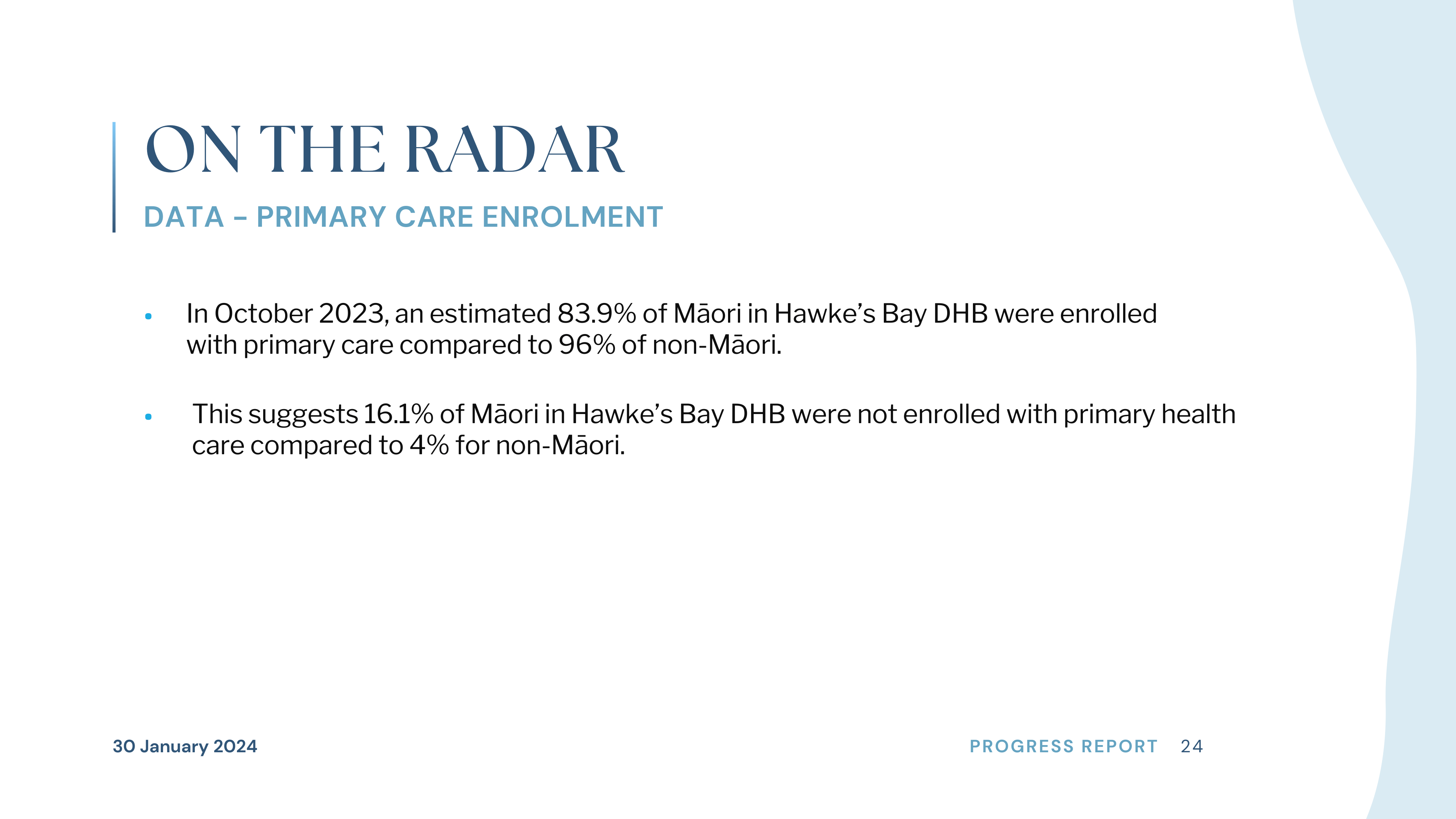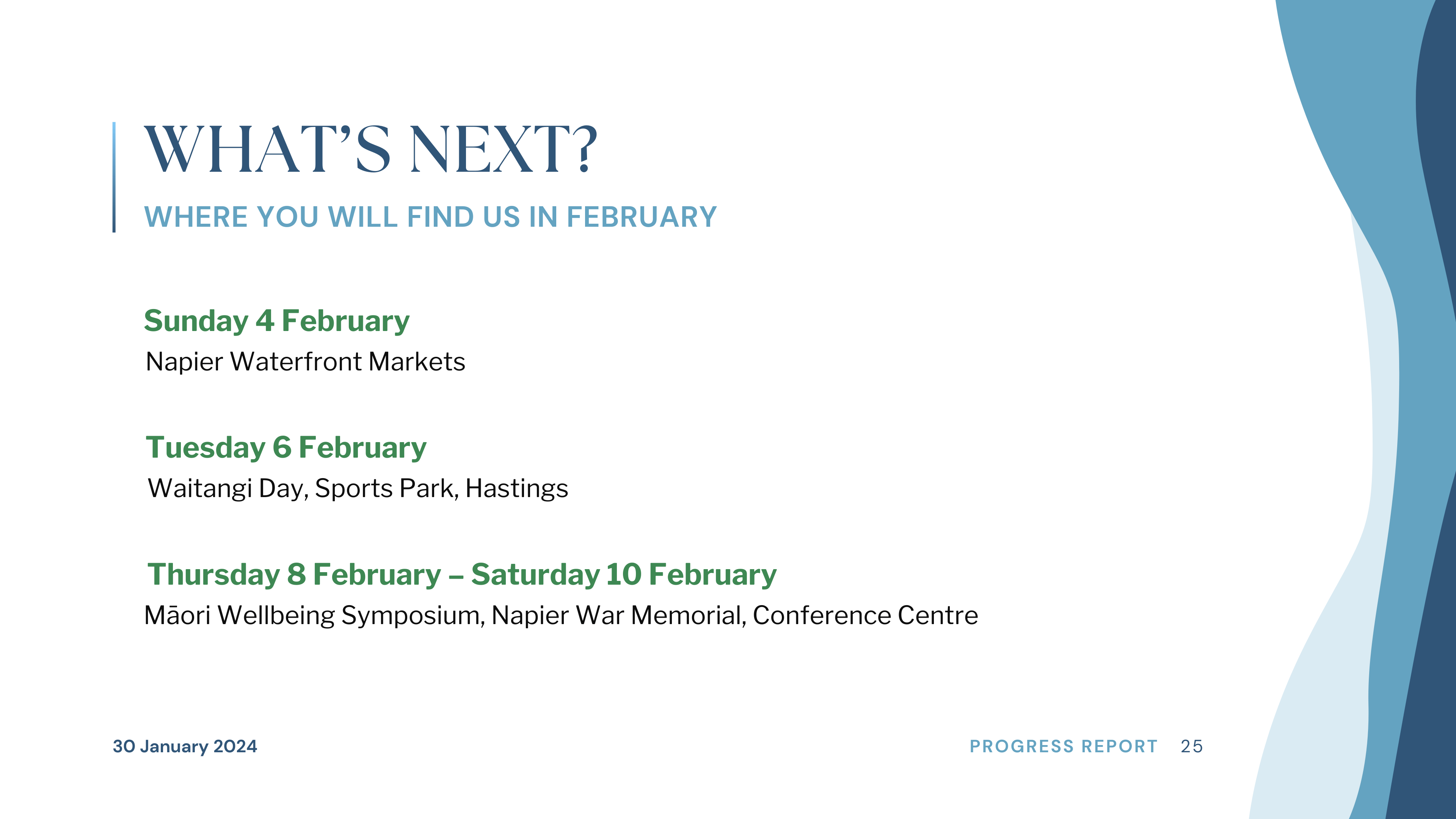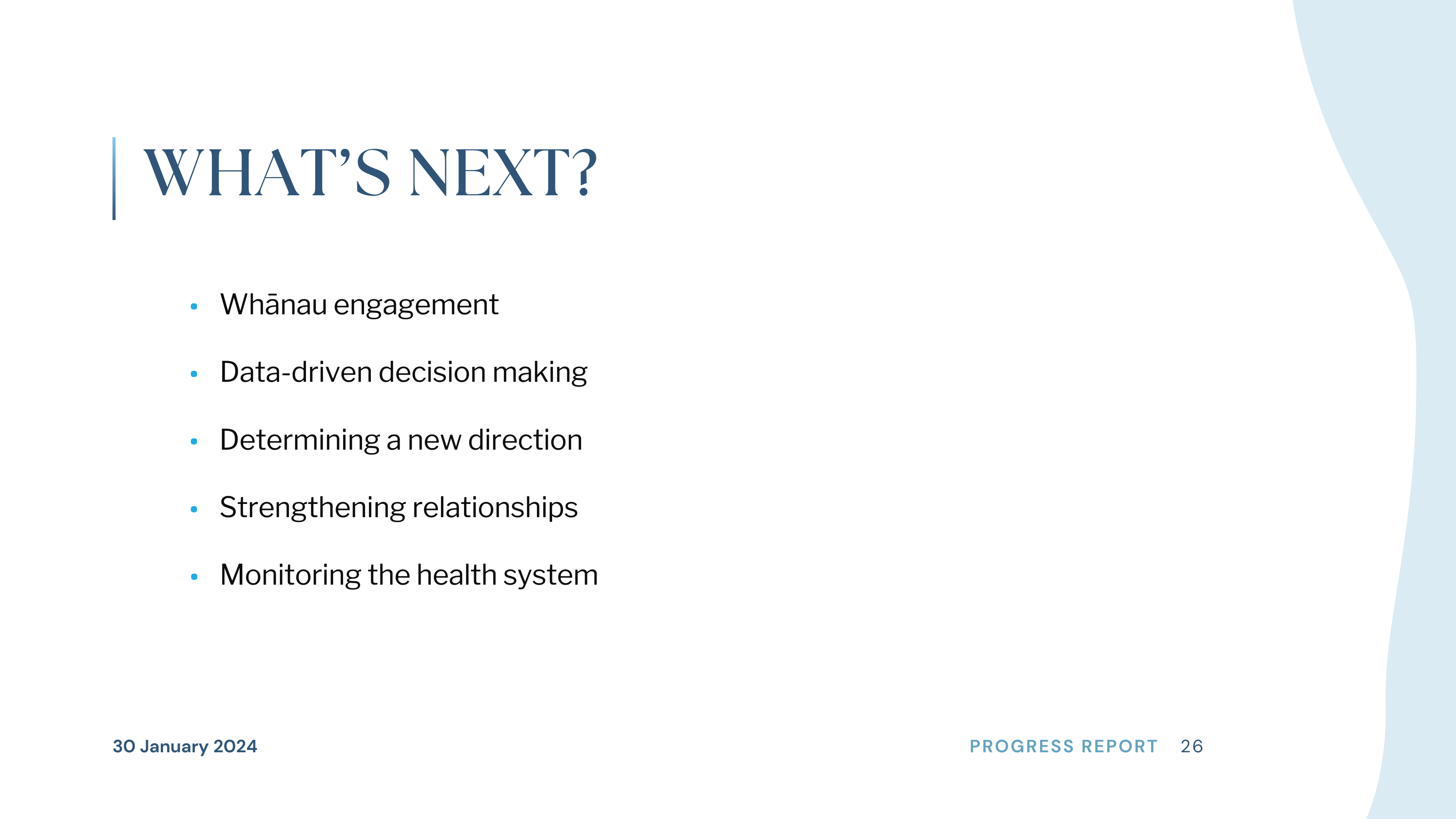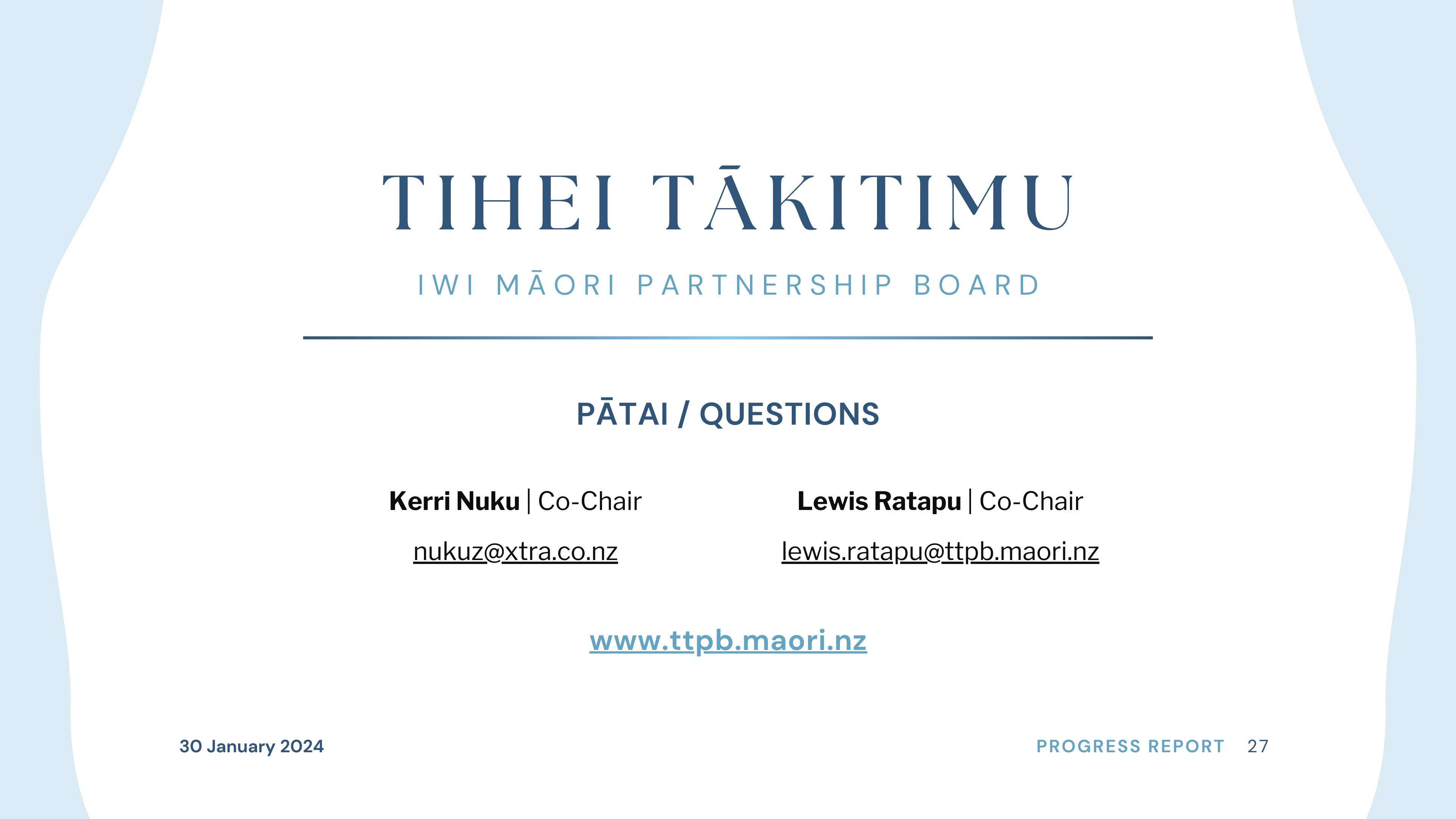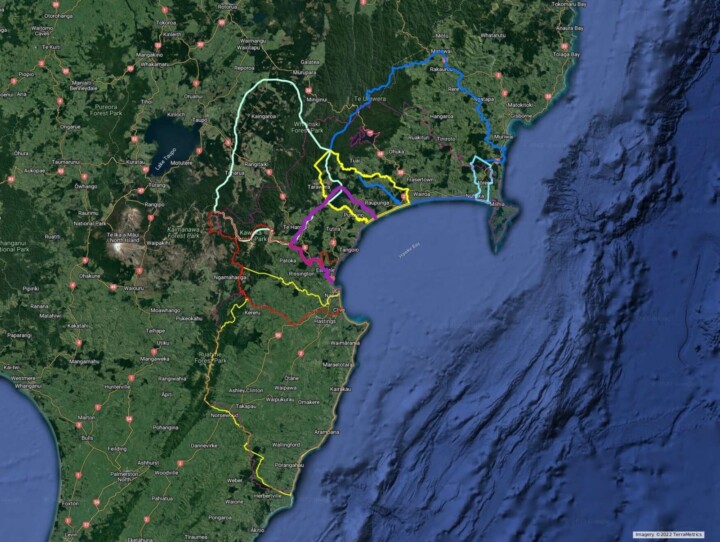Health & Productivity Opportunities Report
Thursday 29 May 2025
Innovative report shows collaboration to improve Māori Health would increase regional productivity by $122 million annually
A co-ordinated effort to help improve the health of working-age Hawke’s Bay Māori can lead to a productivity increase worth $122 million a year and supply an extra 1,800 workers for Hawke’s Bay, an innovative new study has found.
The report, “Health and productivity opportunities: Assessing the economic value of addressing priority health conditions in Hawke’s Bay working-age Māori”, was commissioned jointly by Hawke’s Bay Regional Development Agency (REDA) and the Tihei Tākitimu Iwi-Māori Partnership Board.
Produced by NZIER economists Sarah Hogan and Tom Dunn, the report is thought to be the first in New Zealand to consider the critical links between Māori wellbeing and regional economic development. Māori make up 29 per cent of Hawke’s Bay’s overall working population and play a vital role in the food and fibre sector industries, along with regional recovery.
“The research shows that Hawke’s Bay’s working-age Māori aren’t accessing health care early enough, for a variety of reasons, which leads to more serious primary health conditions,” Lucy Laitinen, REDA’s CEO says.
“One of the reasons it’s so difficult for Māori to access health services is because they largely work in agriculture, forestry, and fishing with little or no flexibility in their working hours. They also earn less than the regional average. These are among the issues driving the relatively low use of preventative care which leads to the high rate of ED visits.’’
Tihei Tākitimu Iwi-Māori Partnership Board co-chair Lewis Ratapu says the report provides the wider community with a burning platform to think about and act differently in how health services to Māori are delivered. We need to invest more effectively and deliver services targeting mental illness and addiction, diabetes and cardiovascular disease so Māori can lead happier, healthier lives, provide for their whānau and continue to make a productive contribution to the local community.
Ratapu hopes the collaboration with REDA ensures health stays on the agenda for local regional leaders – the Matariki Governance Group – as it considers its priorities over the coming year. He noted the Regional Recovery Plan identified a need for 2,500 extra people to deliver the recovery programme over the next three years and with co-ordination needed to address current and future workforce requirements.
“We will be actively encouraging and facilitating a joined-up approach to addressing this issue, including exploring alternative health service models with large local employers, iwi, hauora Māori and health service providers and local and central government working together to trial different options for Māori that suit their needs, Ratapu says.
The research only further highlights the importance of Māori health to Hawke’s Bay’s future. This issue is not going to go away, especially as the working-age population of Māori is expected to grow to 43,540 within the next two decades.
Together as a community we have to improve Māori health now,” Ms Laitinen says.
Needs VS Race Debate
'Ethnicity is an evidence-based marker of need (and targeting services is good medical practice)'
Much has been said about the ongoing Need vs Race debate, following the government’s announcement that it would mandate all initiatives to be needs-based rather than ethnicity based. Check out this robust Editorial ‘Ethnicity is an evidence-based marker of need (and targeting services is good medical practice)’ by Belinda Loring, Papaarangi Reid, Elana Curtis, Melissa McLeod, Ricci Harris, Rhys Jones.
Thanks to The New Zealand Medical Journal for this excellent piece. For more articles like this and to stay up to date with health sector issues, please subscribe to their website for free.
2024 February Engagement Calendar
Find us here in February
Sunday, 4th
Tuesday, 6th
Thursday, 8th
Friday, 9th
Saturday, 10th
Napier Waterfront Markets
Waitangi Day, Sports Park, Hastings
Māori Wellbeing Symposium, Napier War Memorial Conference Centre
Māori Wellbeing Symposium, Napier War Memorial Conference Centre
Māori Wellbeing Symposium, Napier War Memorial Conference Centre
Sunday, 4th | Napier Waterfront Markets
Tuesday, 6th | Waitangi Day, Sports Park, Hastings
Thursday, 8th | Māori Wellbeing Symposium, Napier War Memorial Conference Centre
Friday, 9th | Māori Wellbeing Symposium, Napier War Memorial Conference Centre
Saturday, 10th | Māori Wellbeing Symposium, Napier War Memorial Conference Centre

